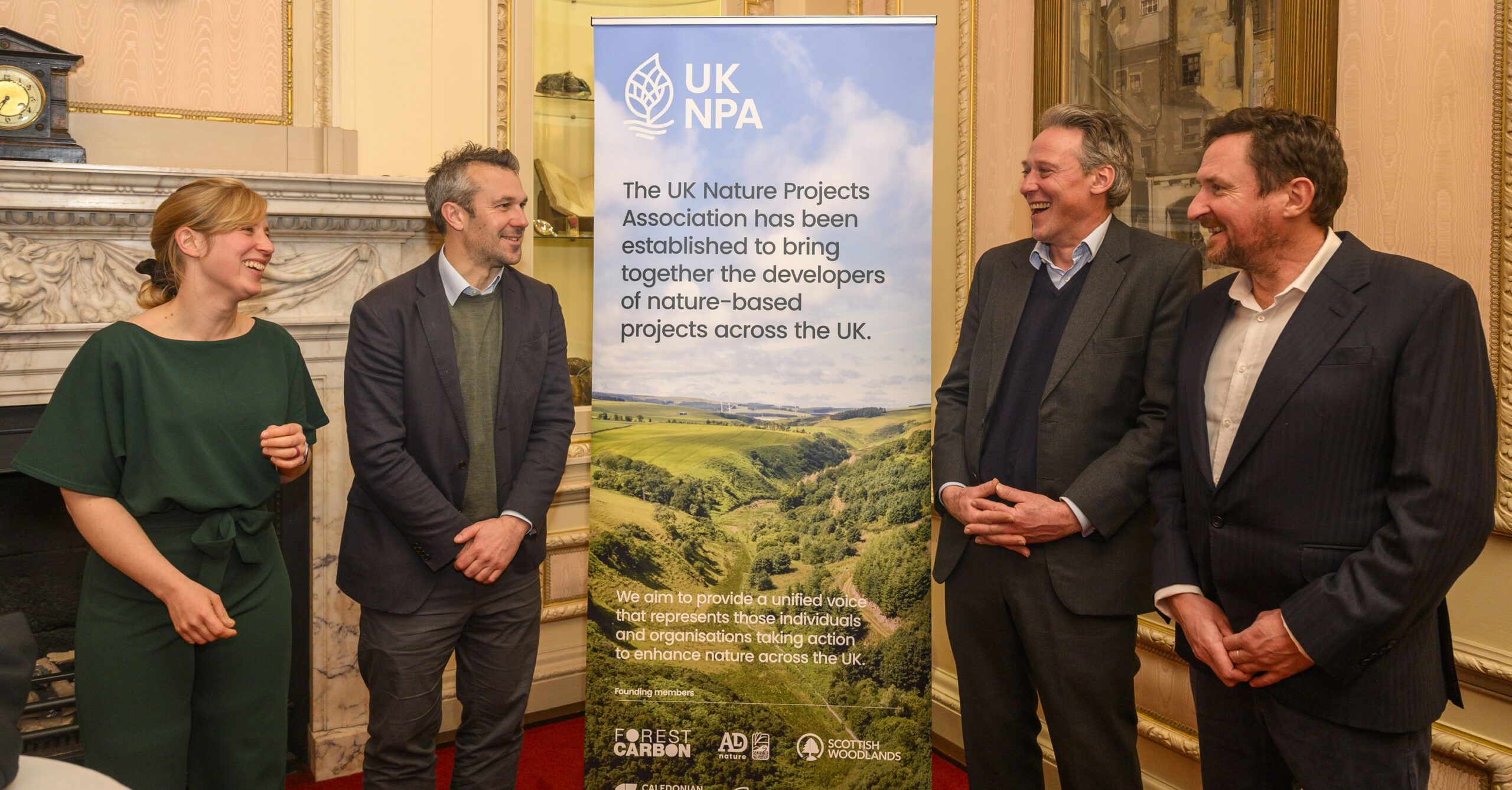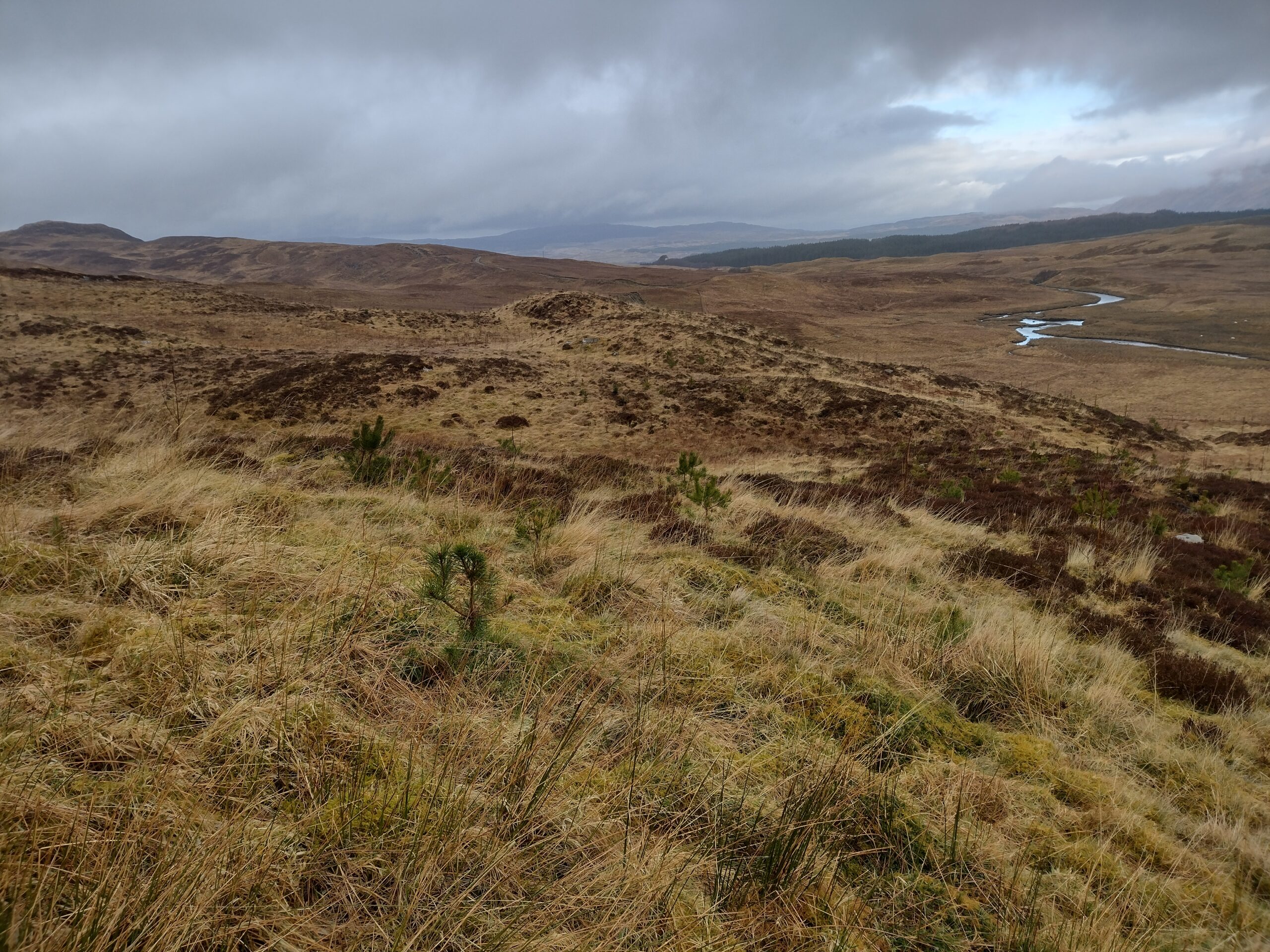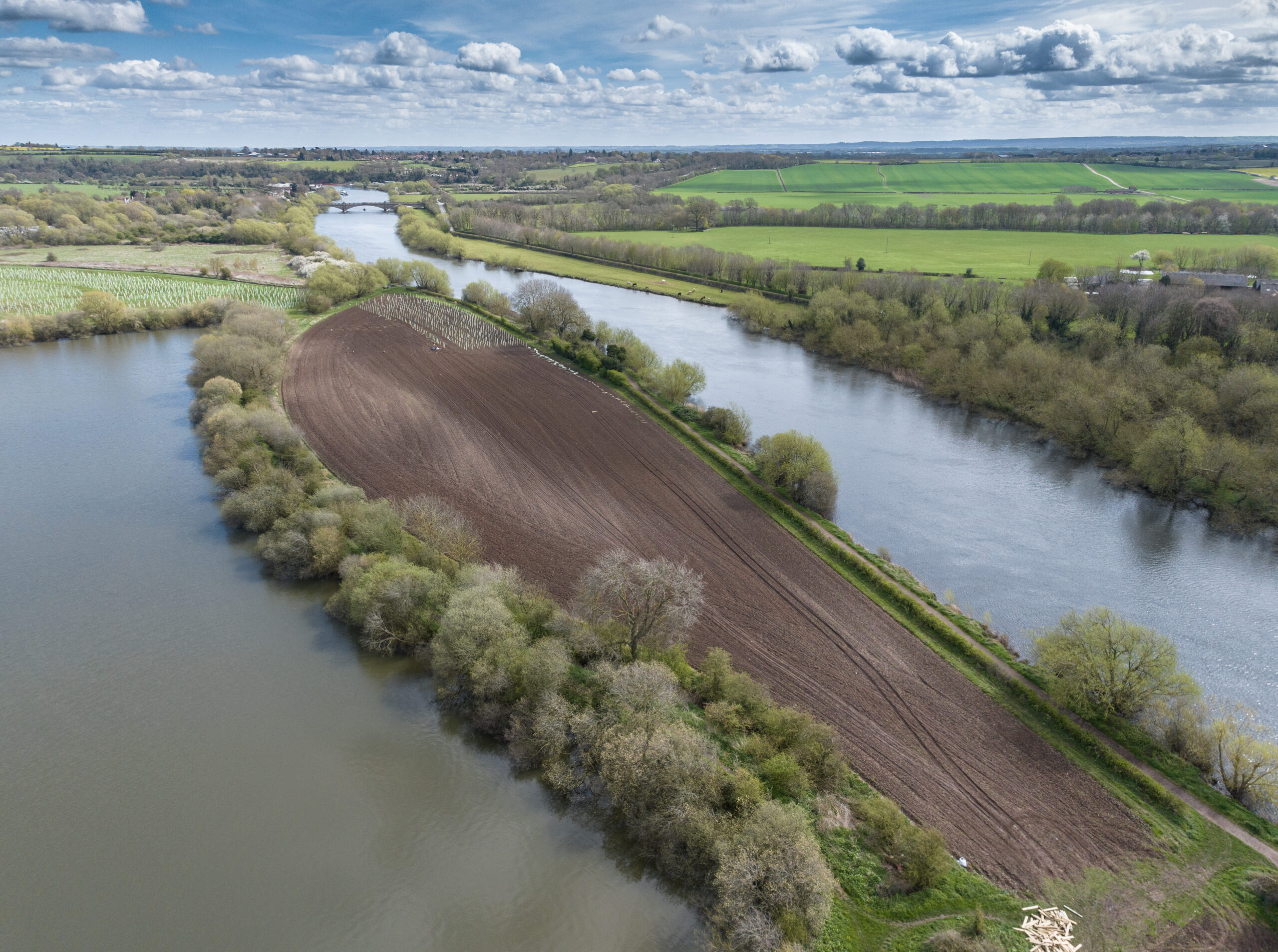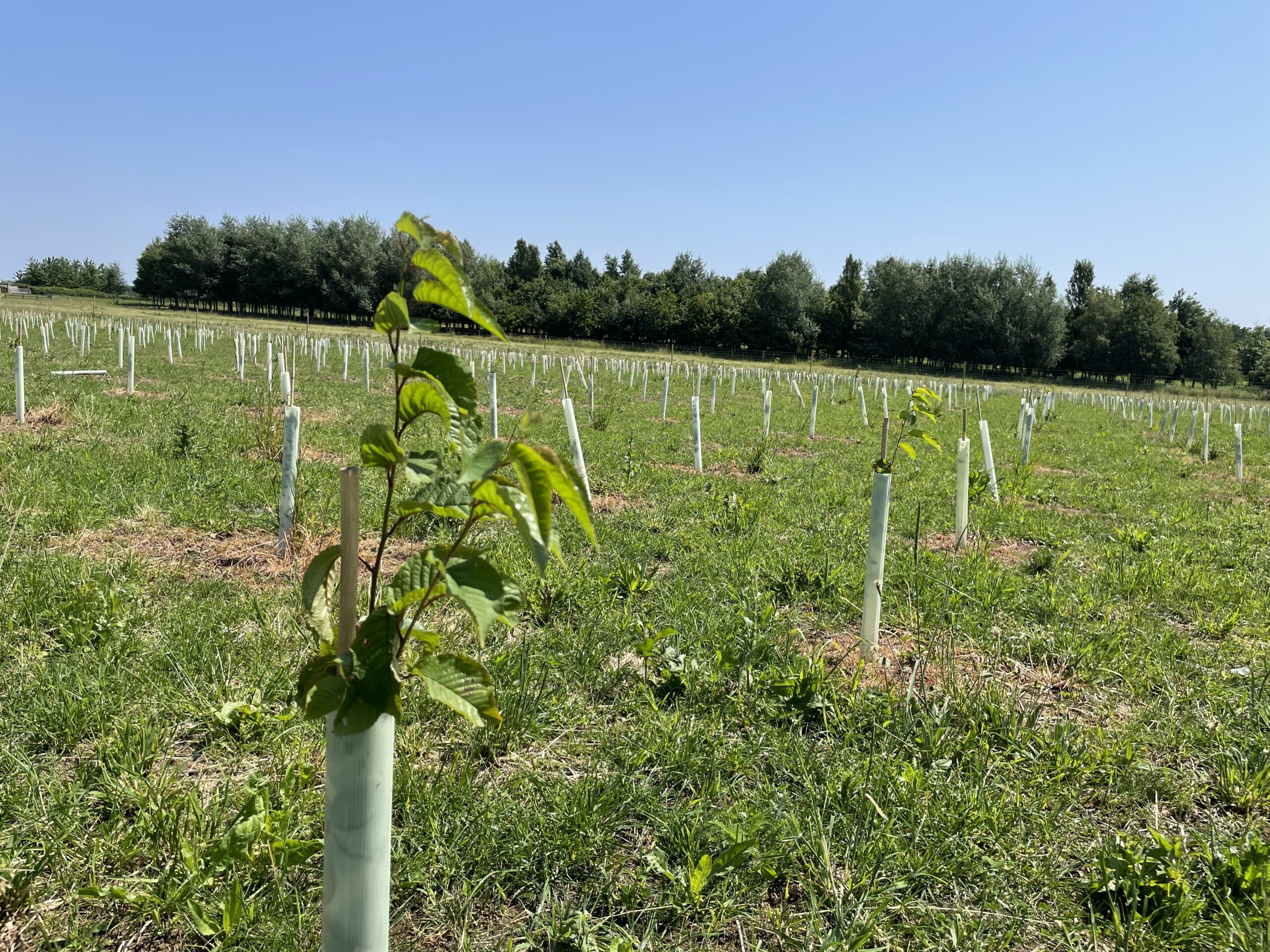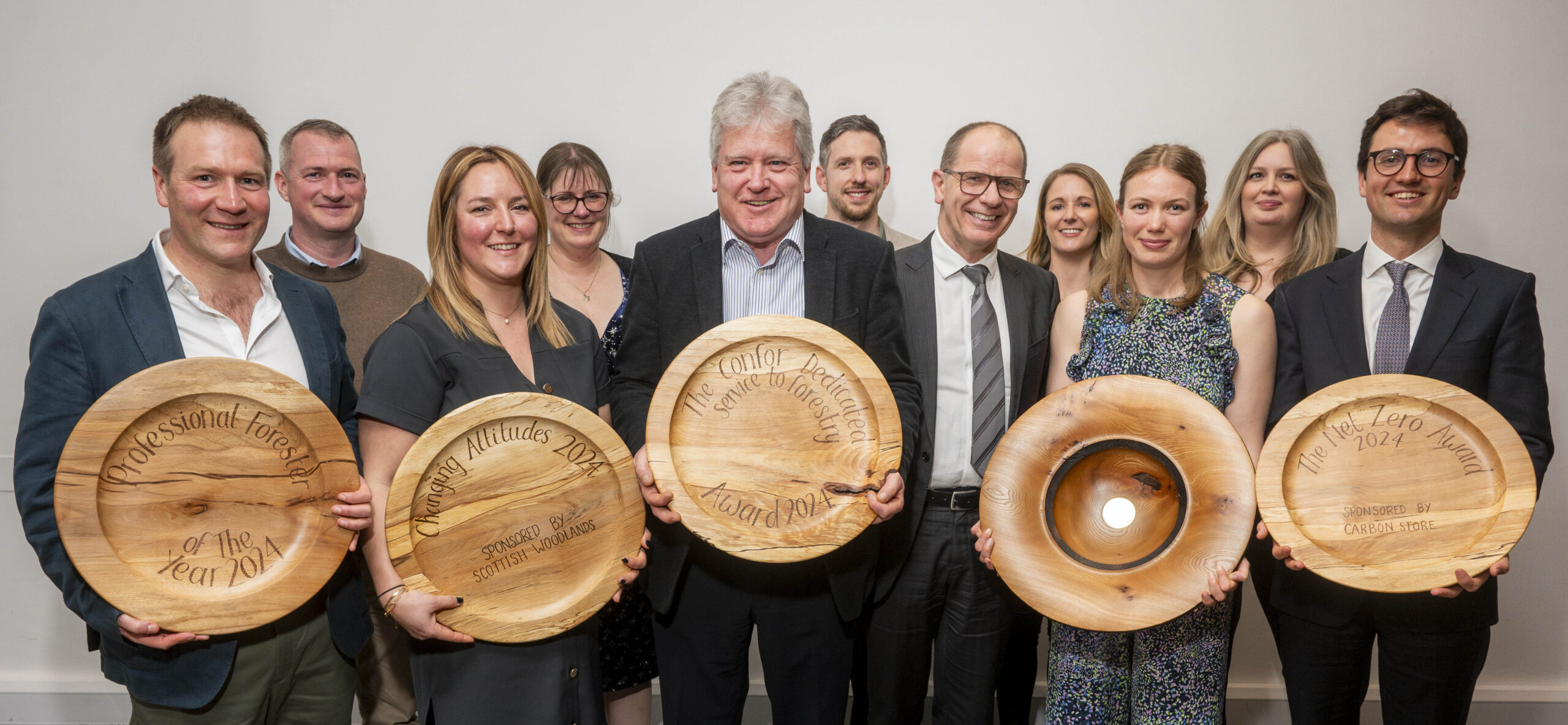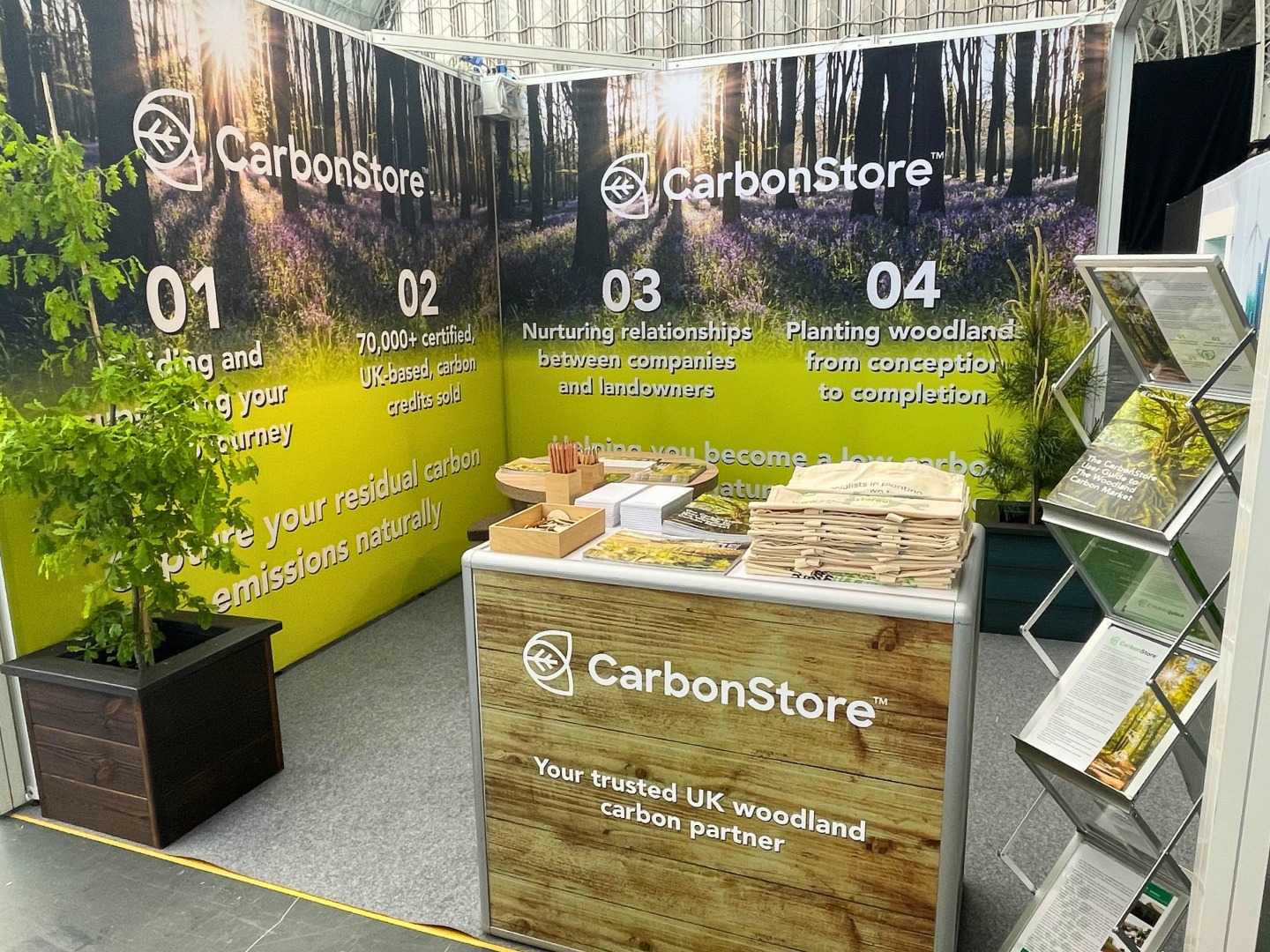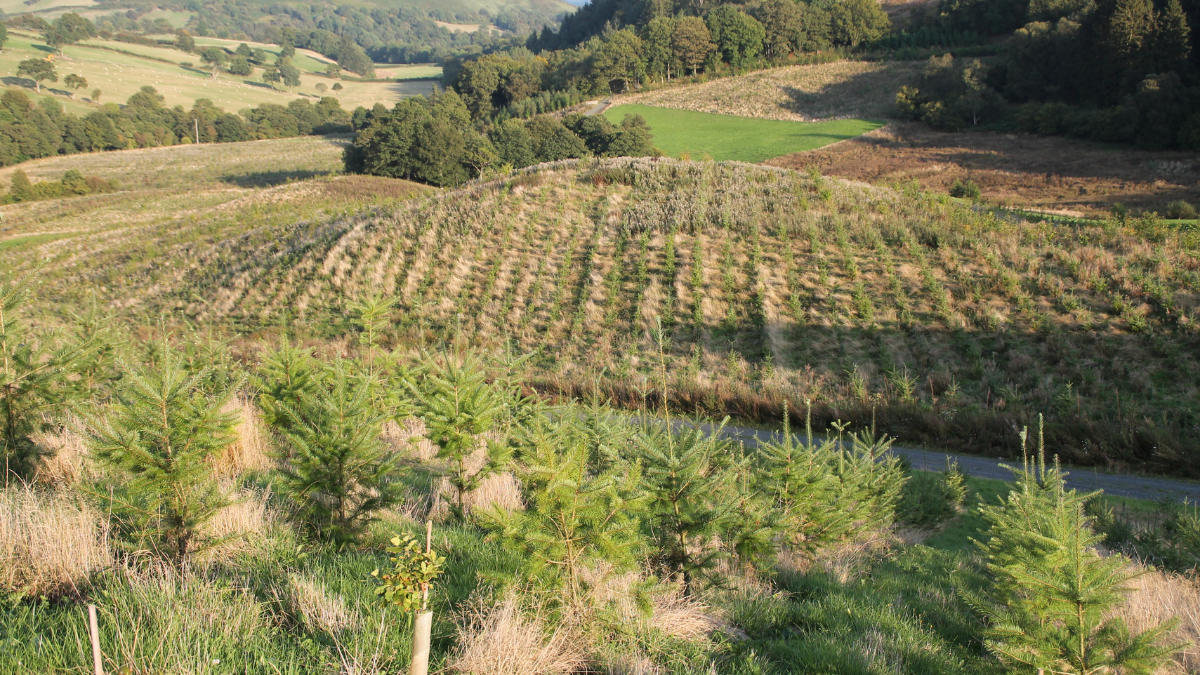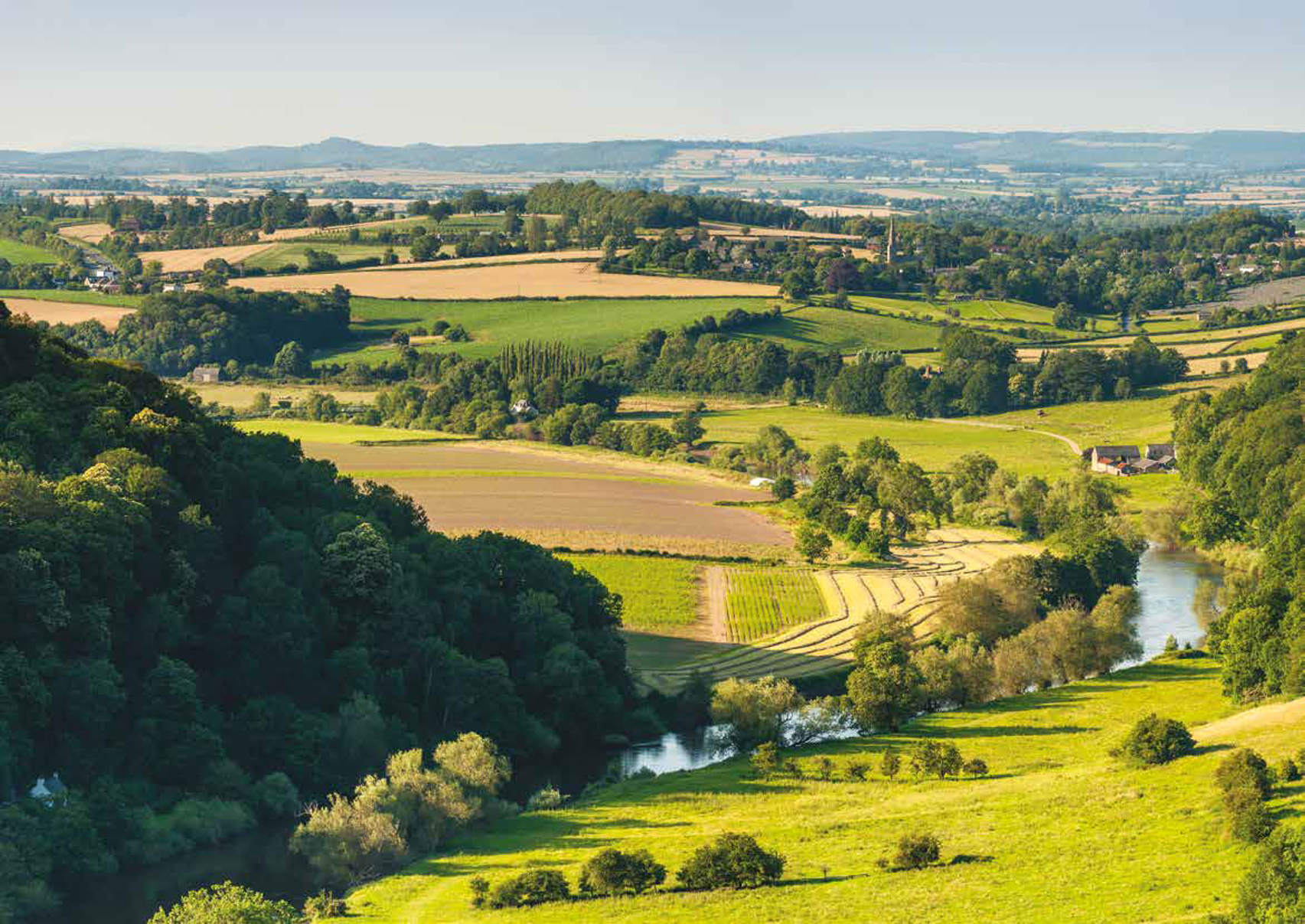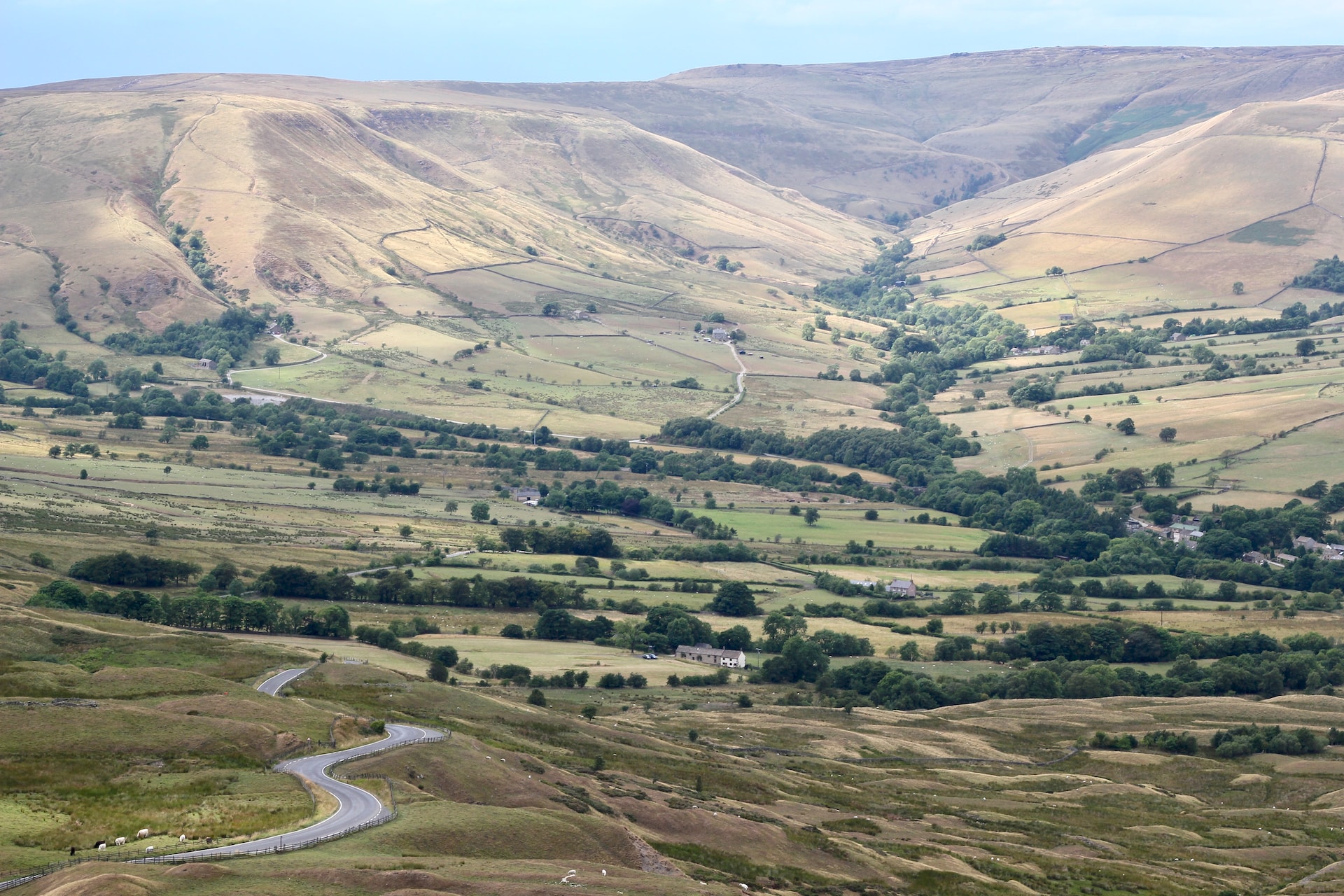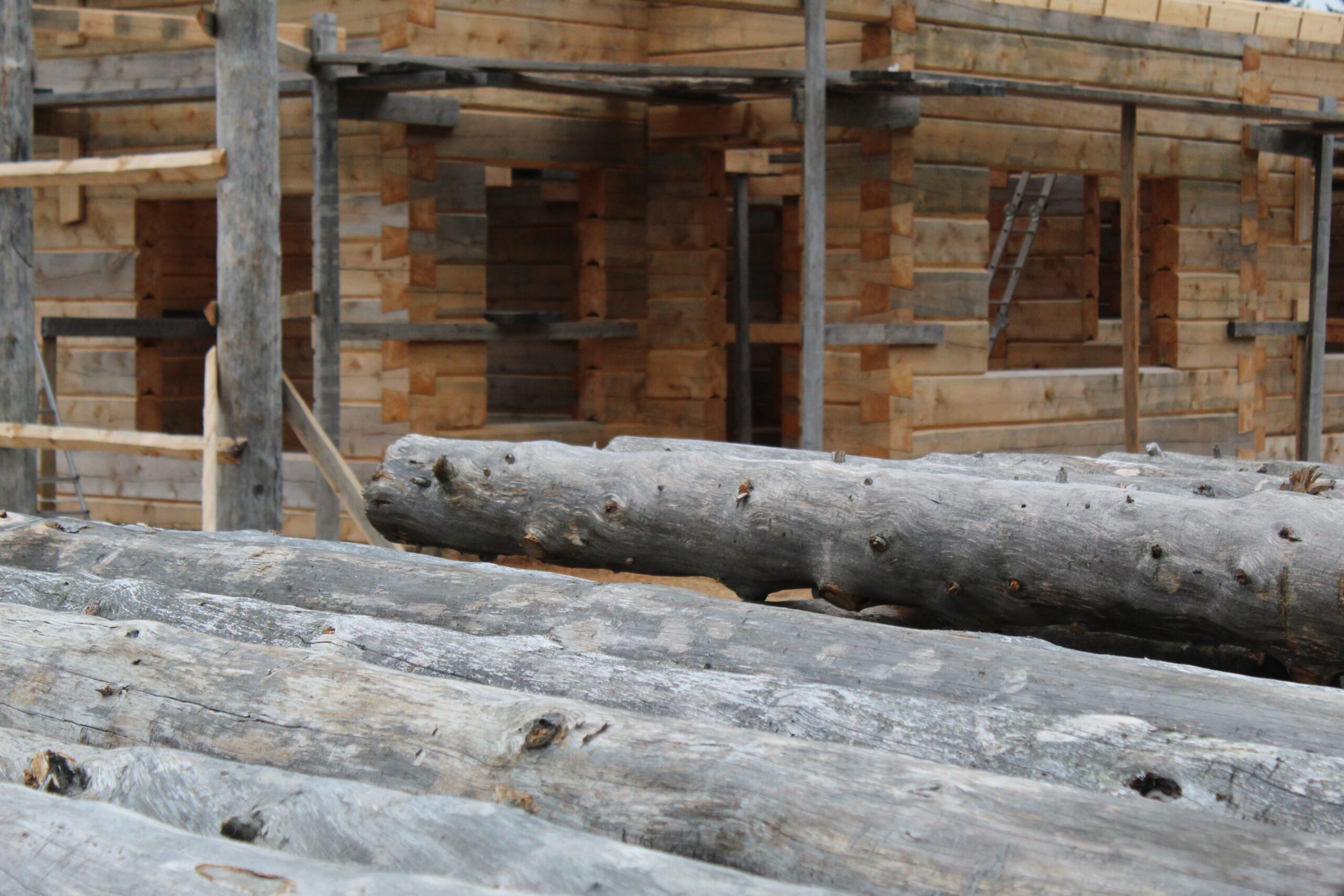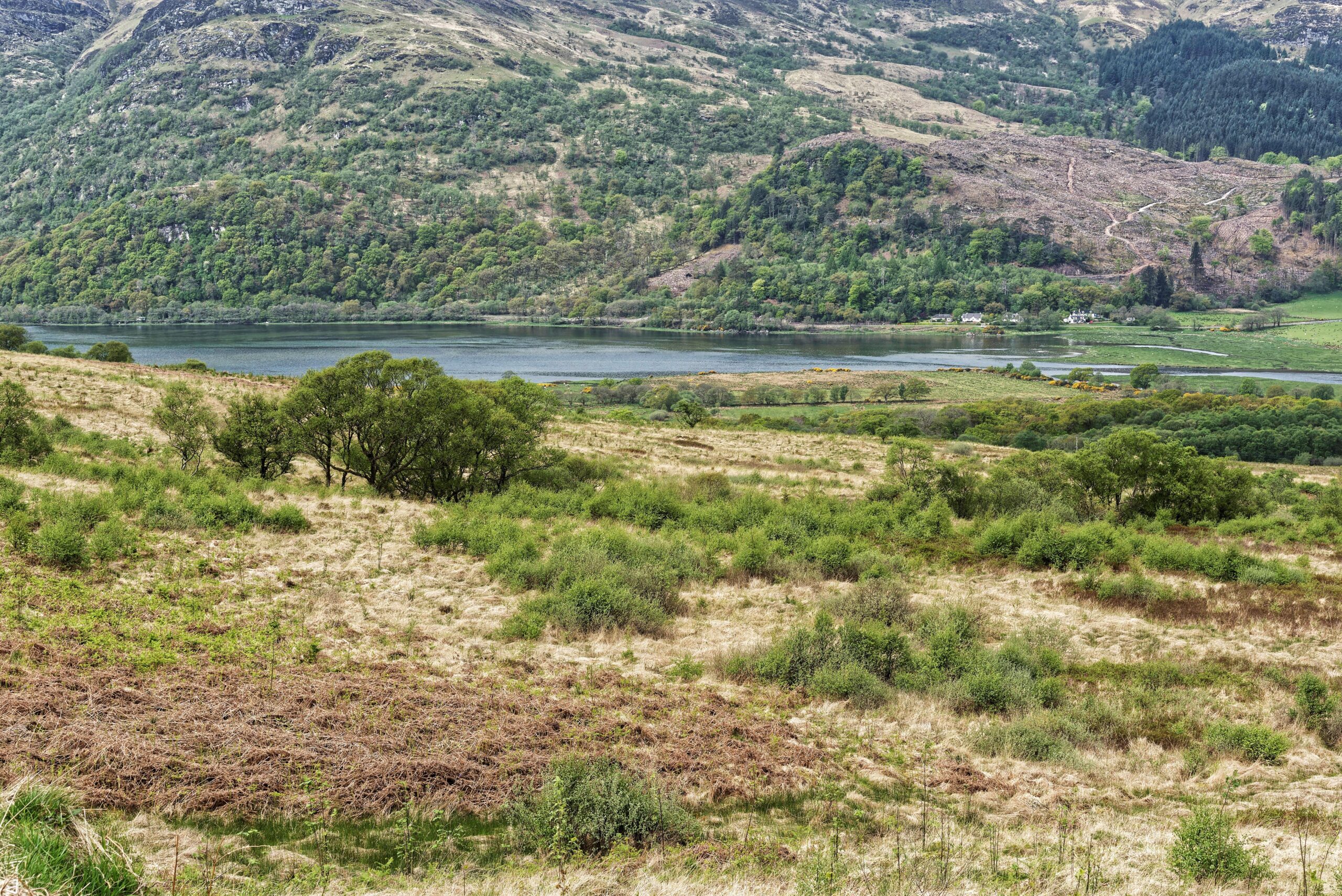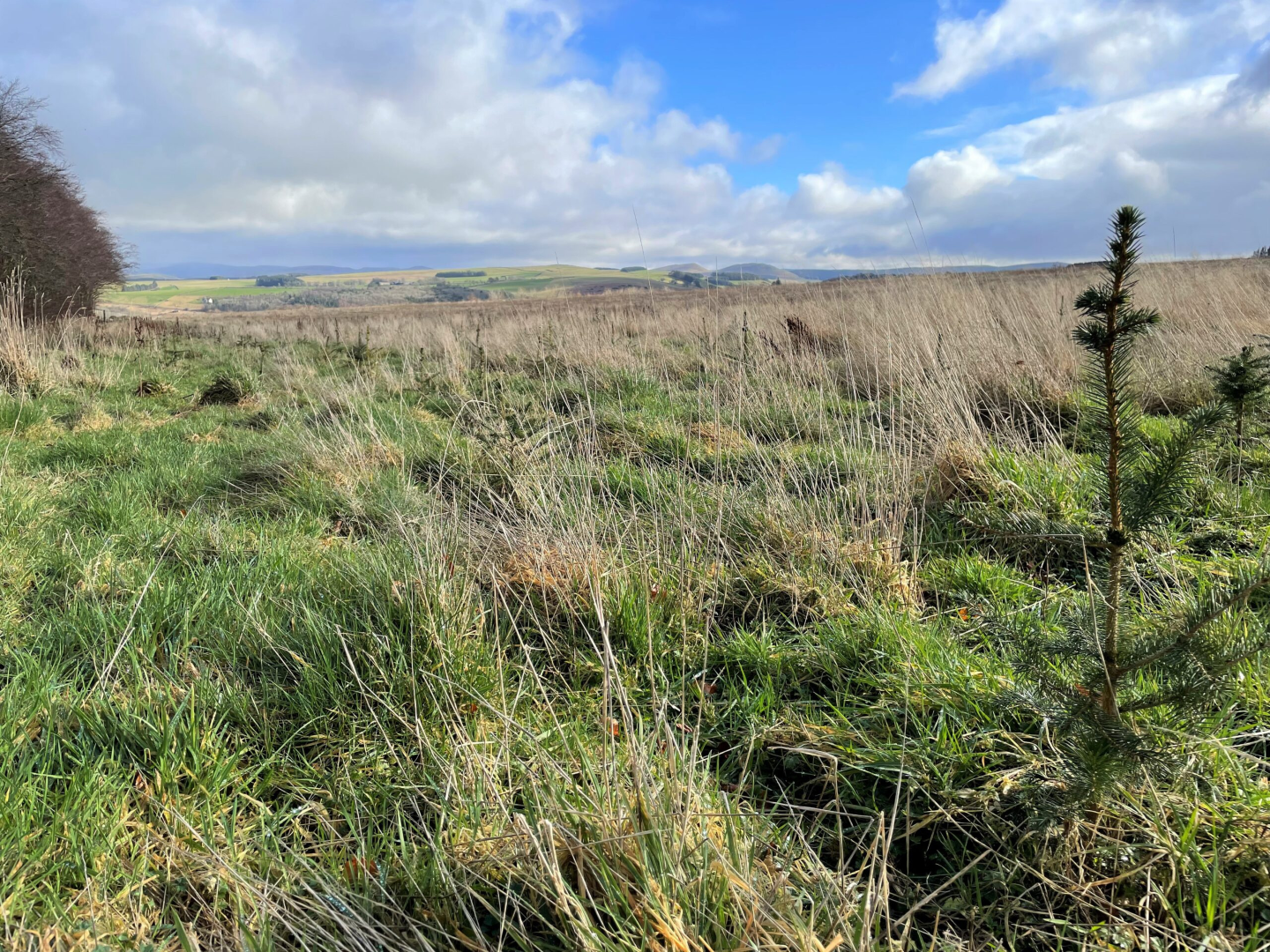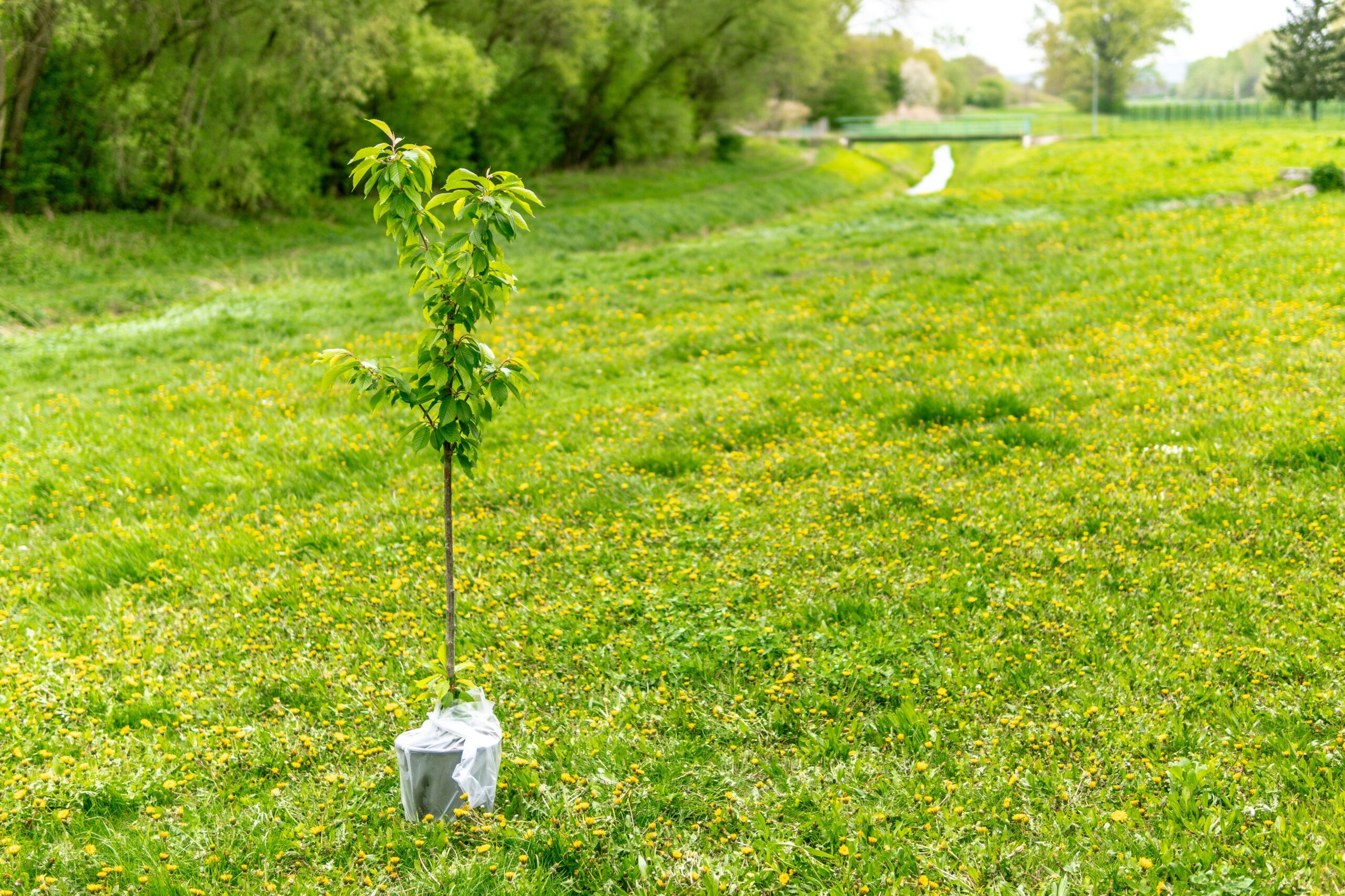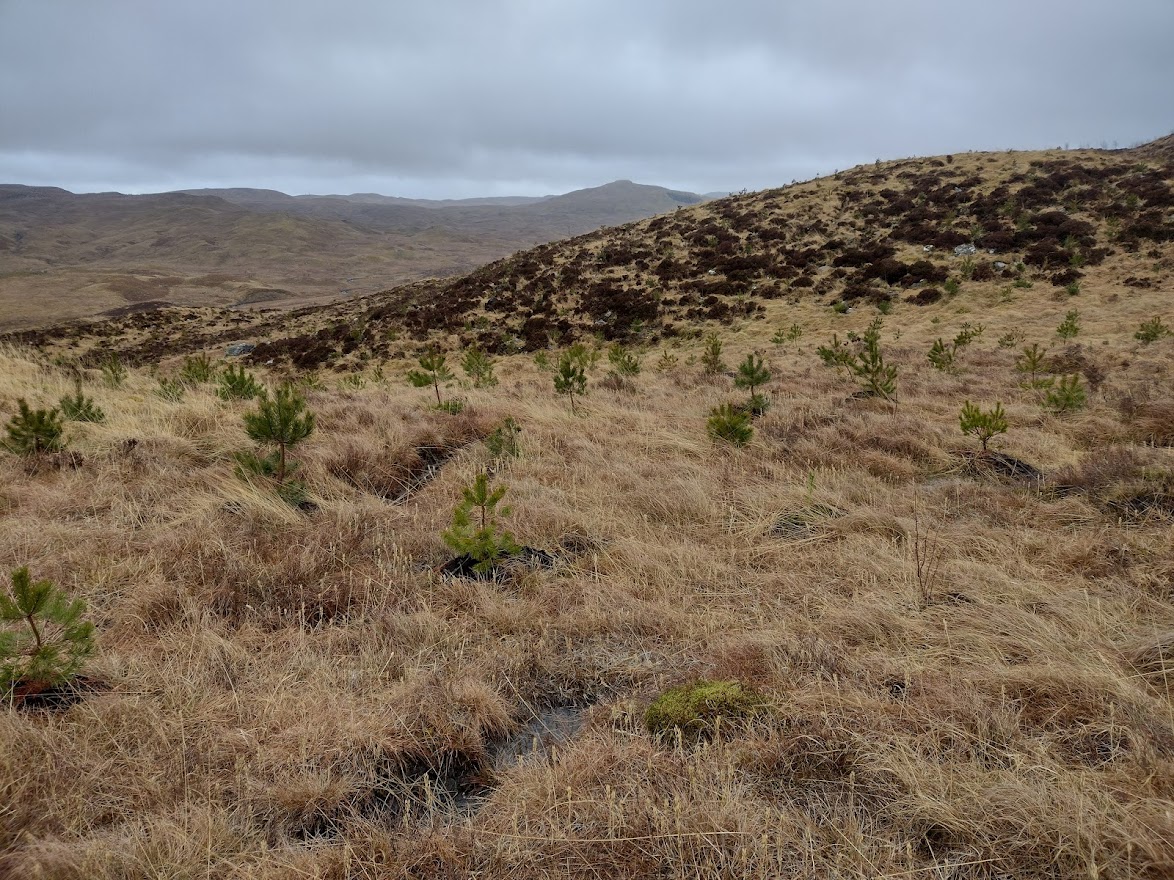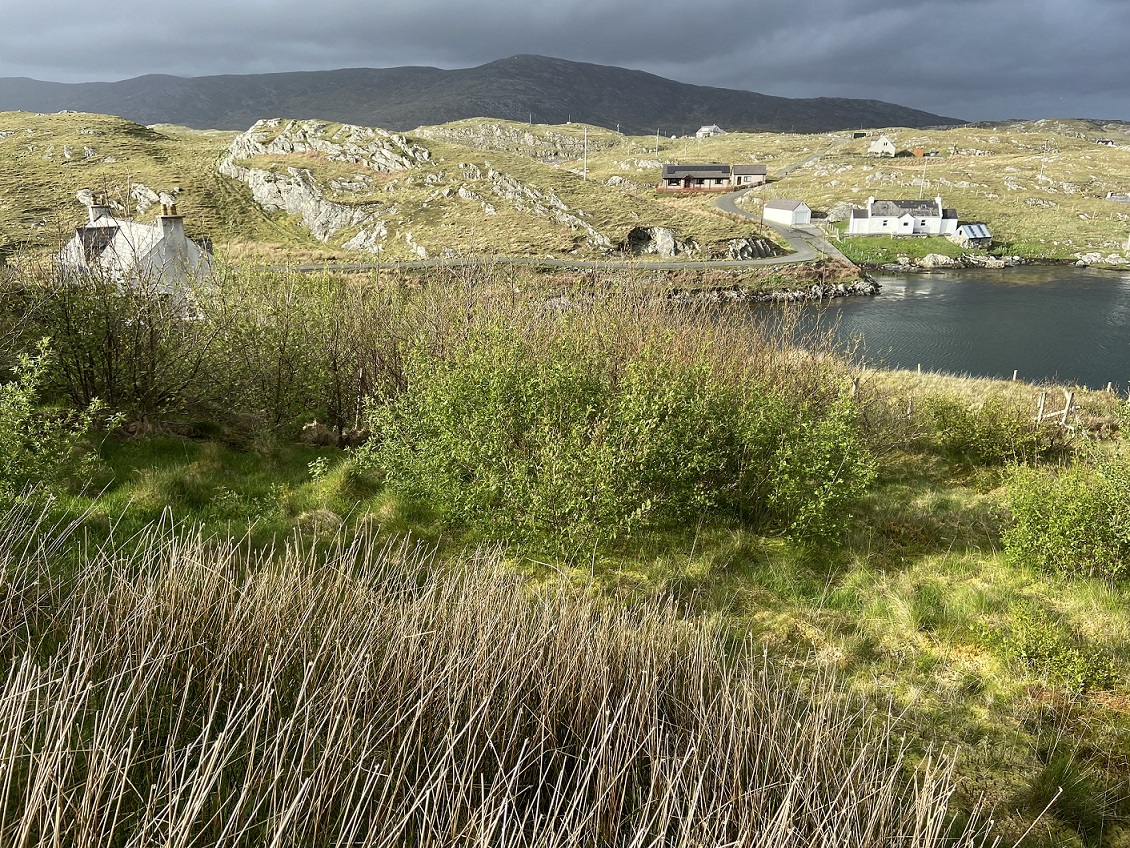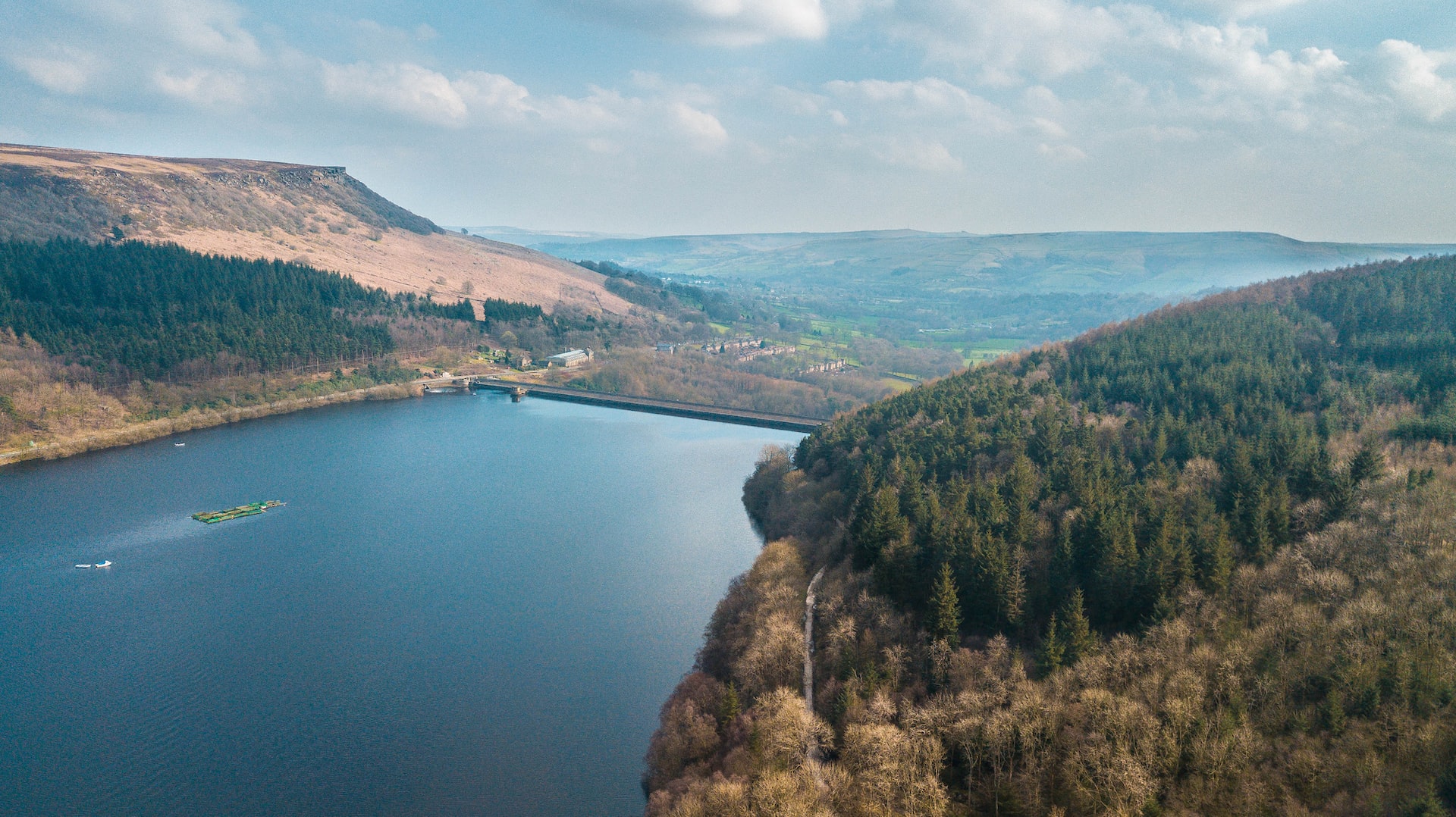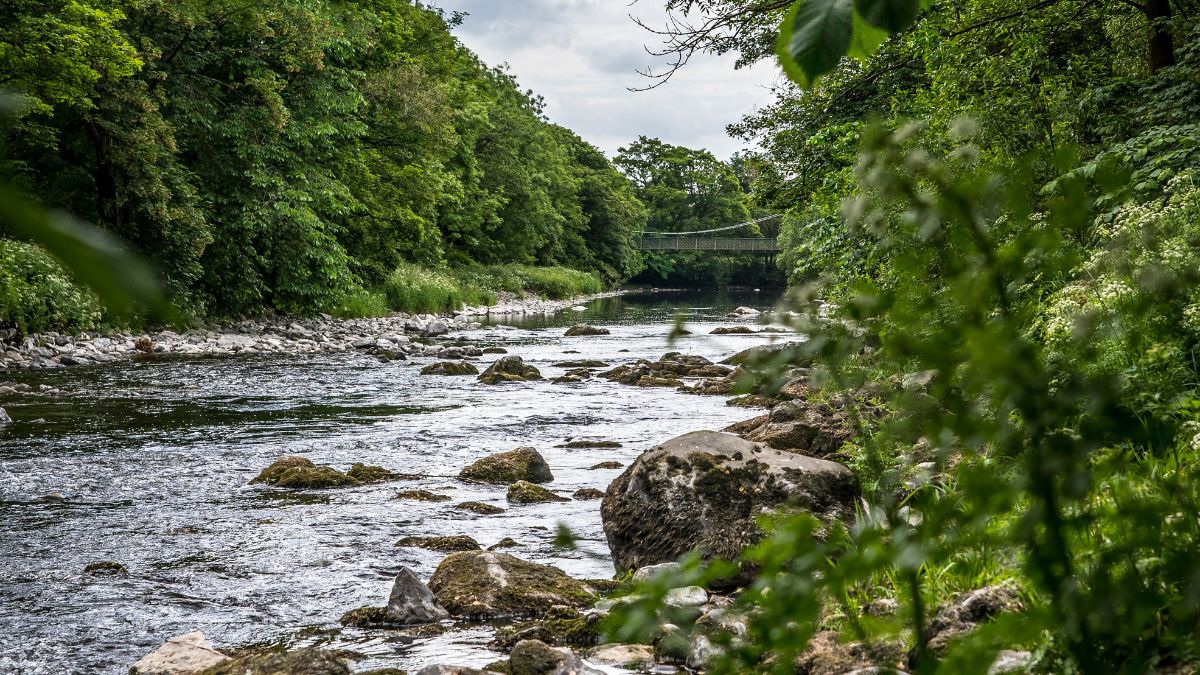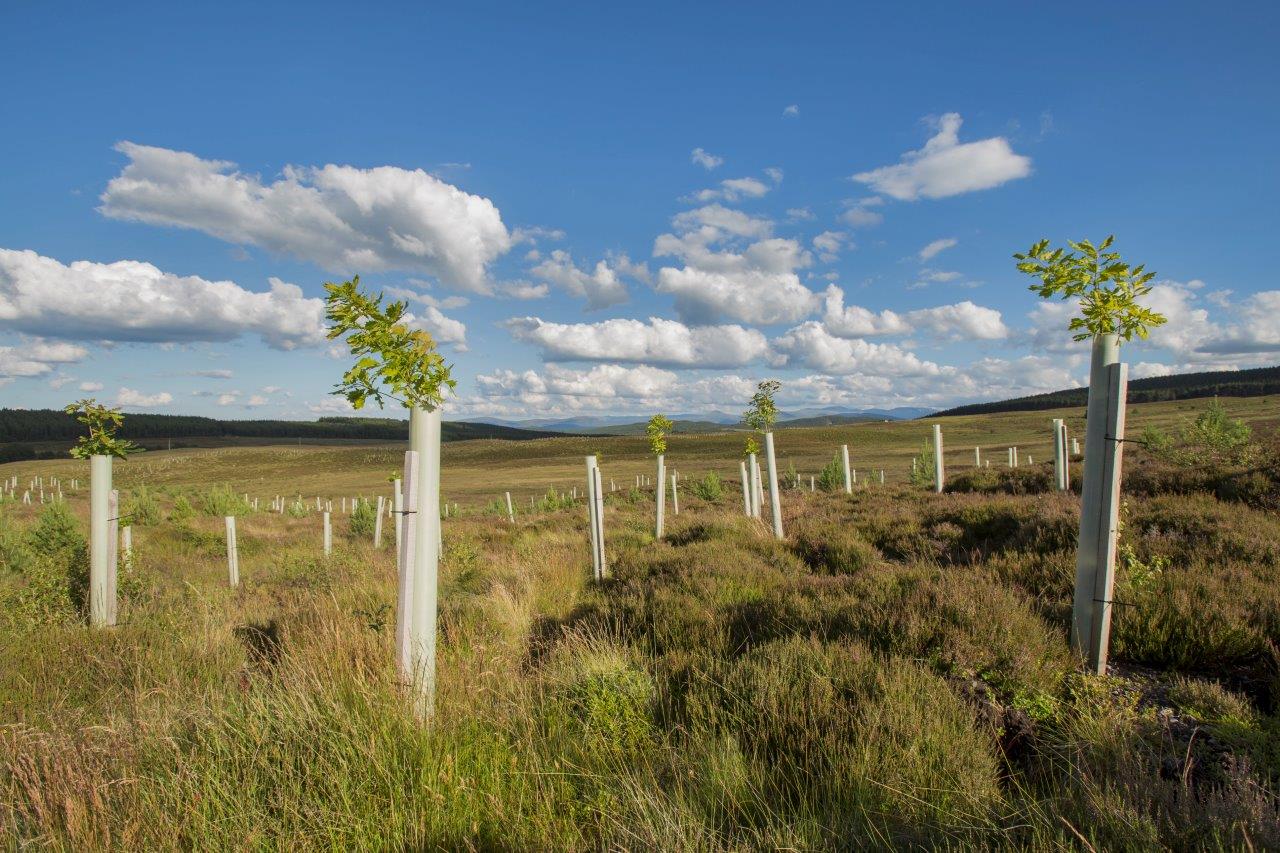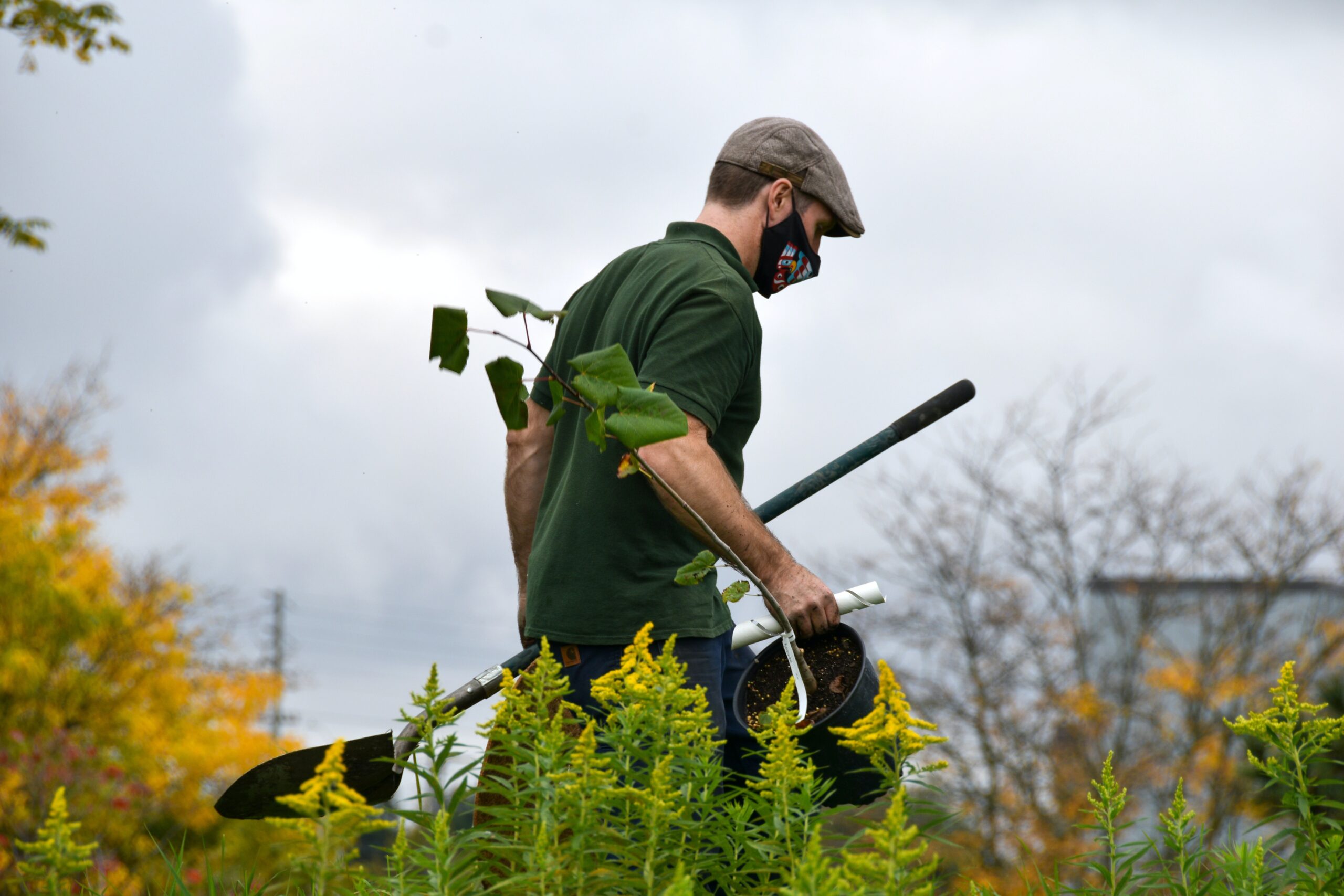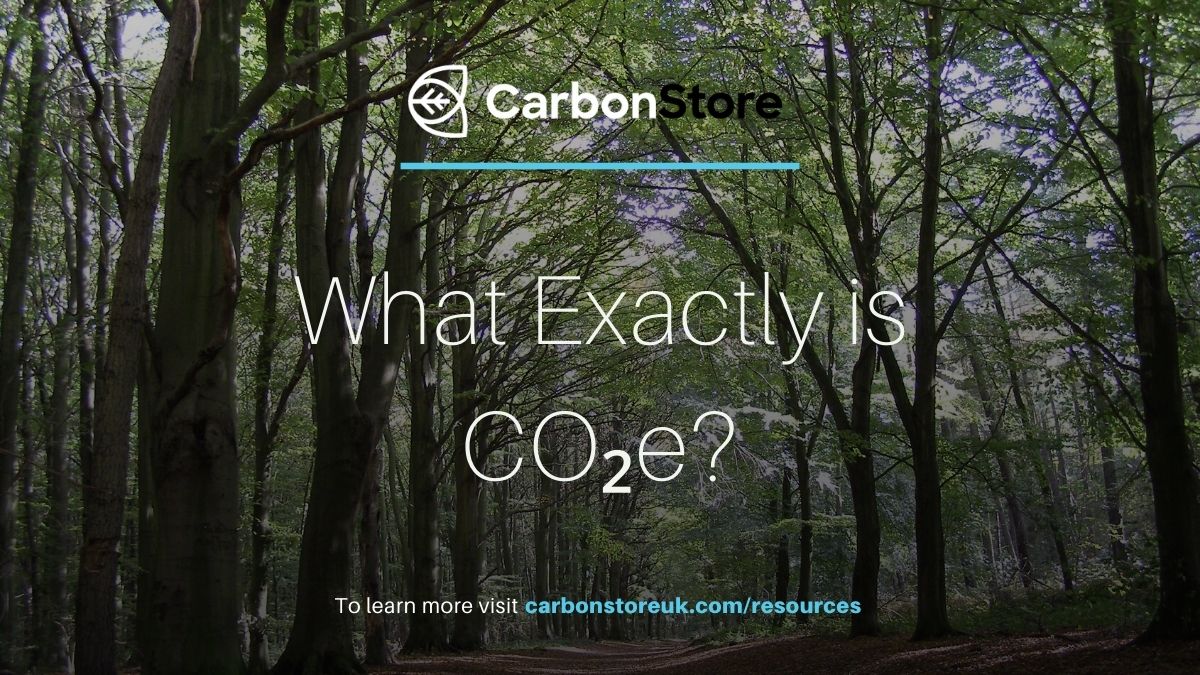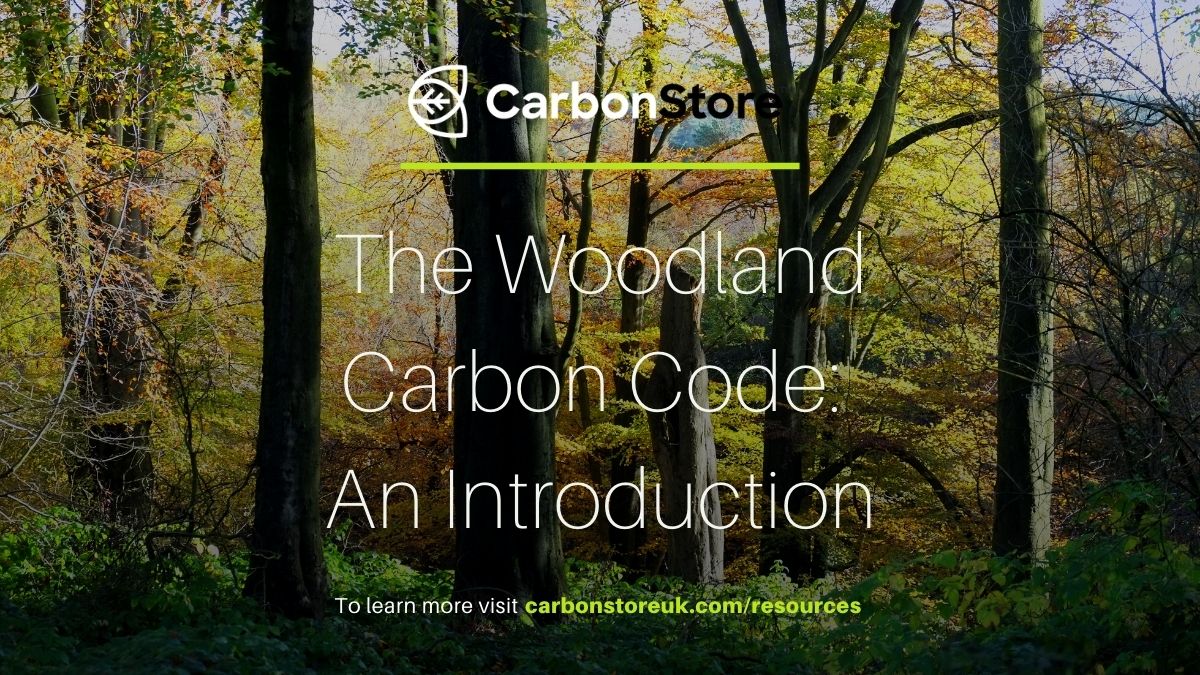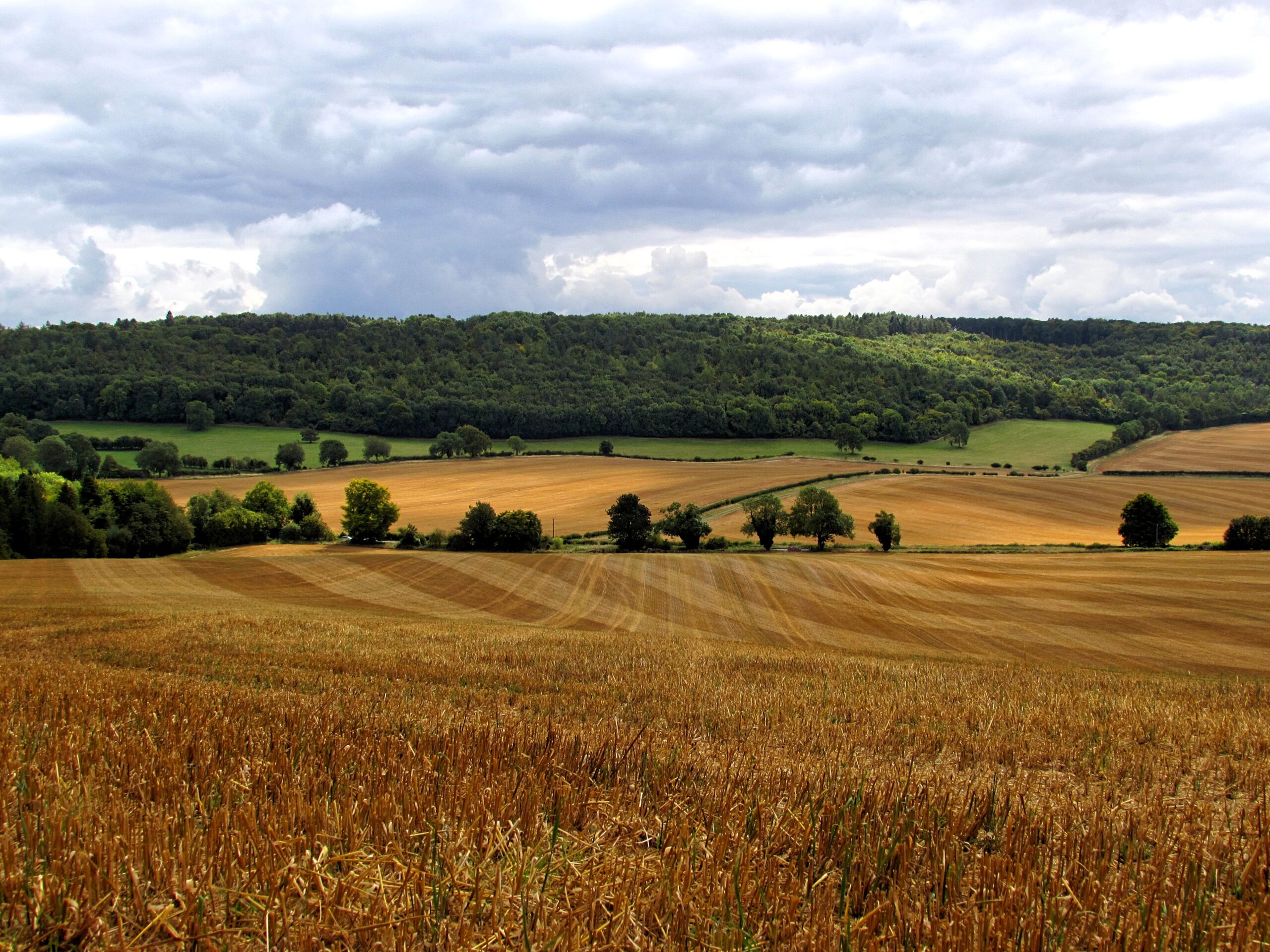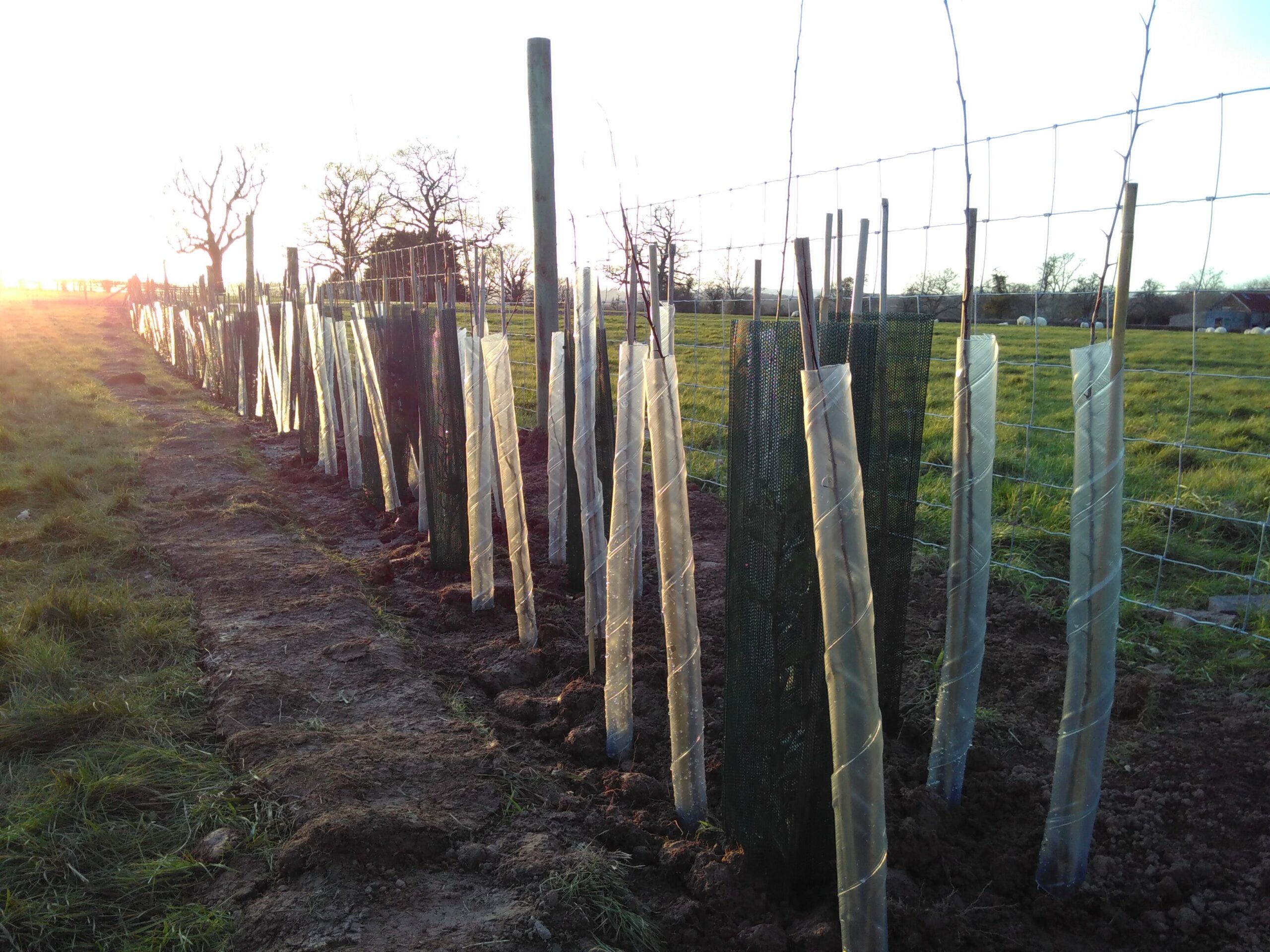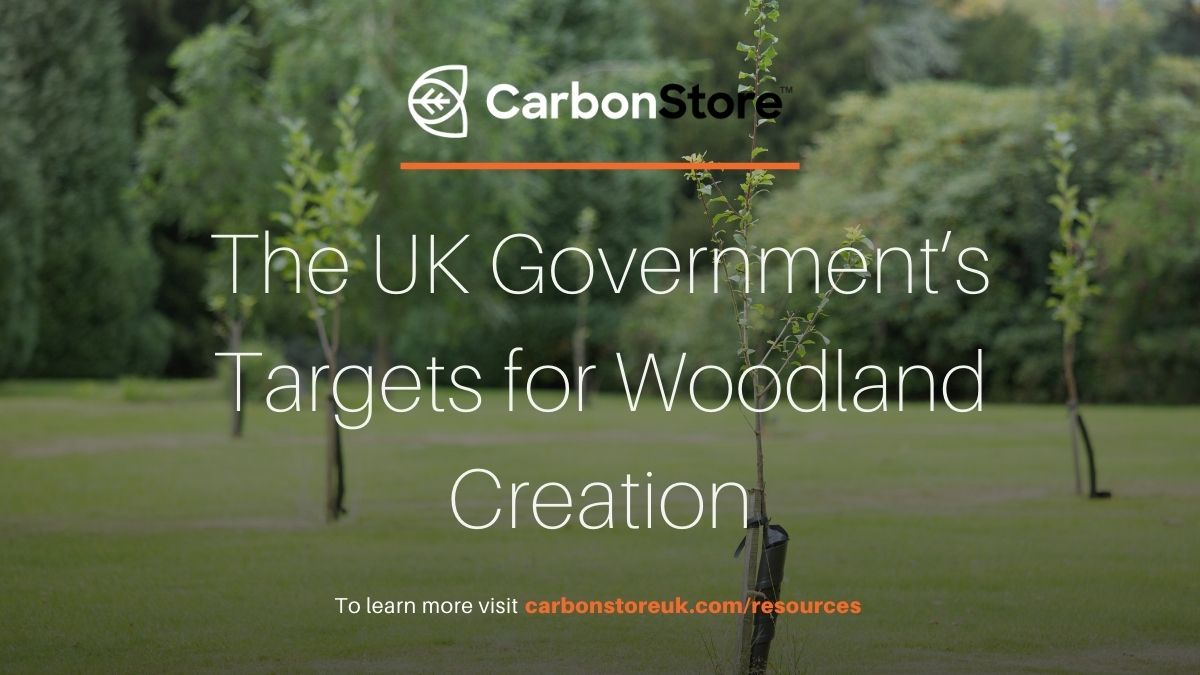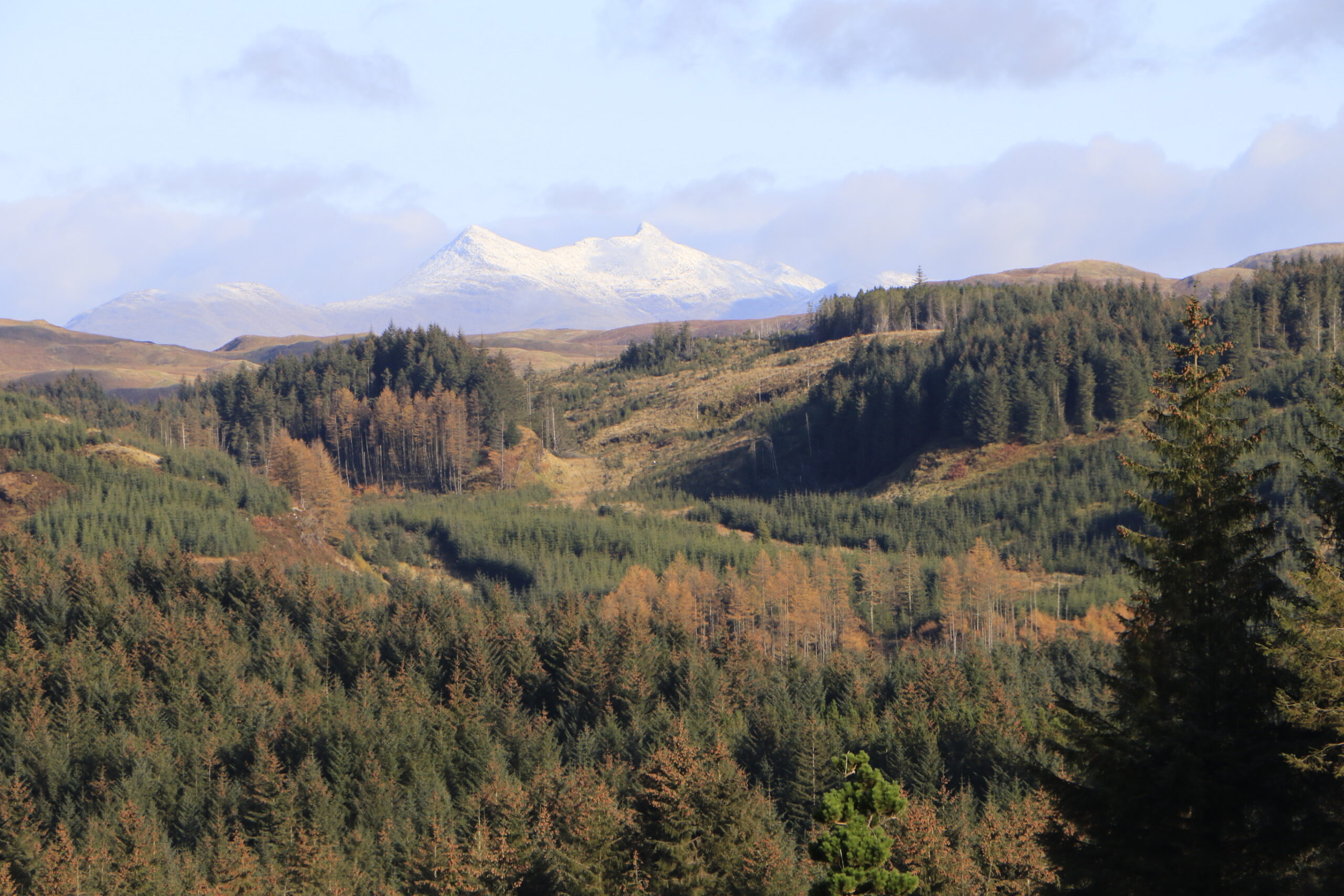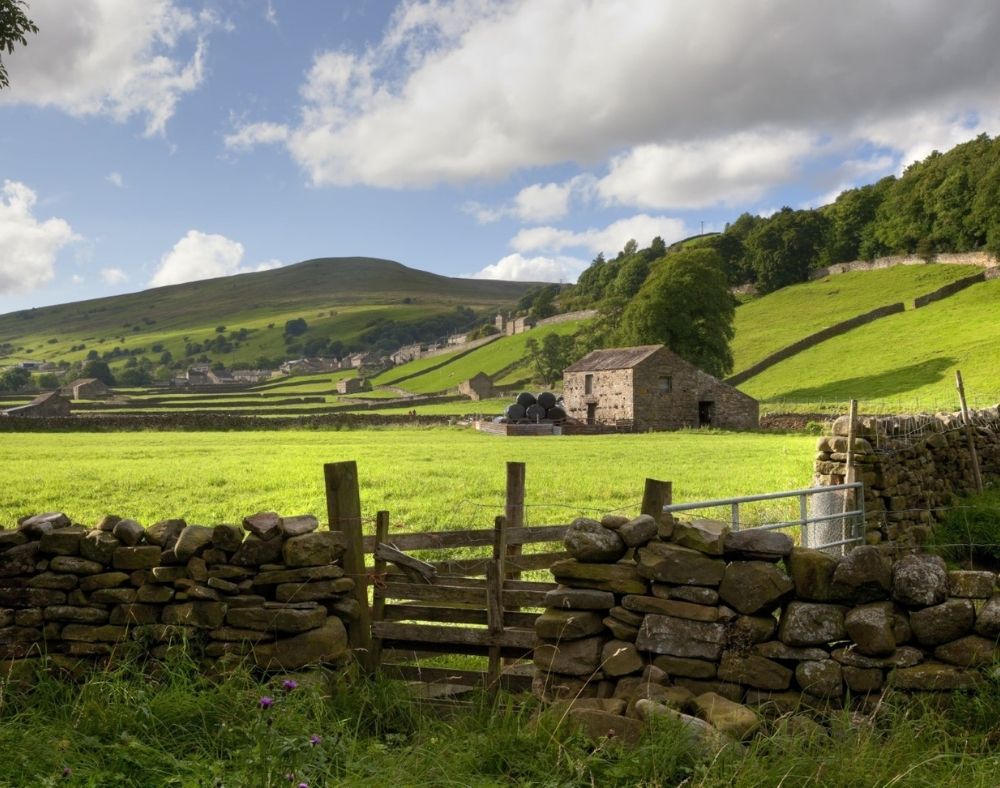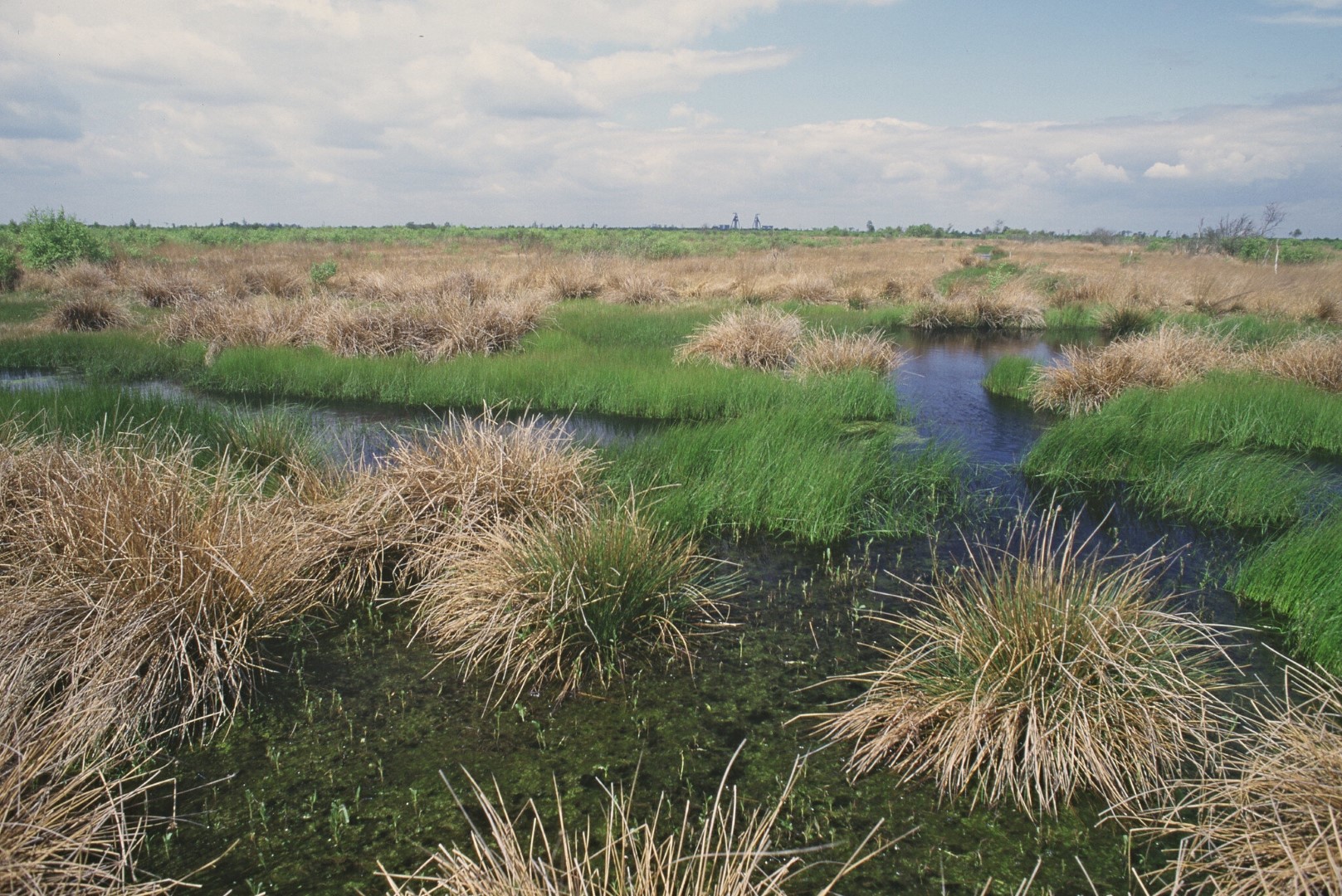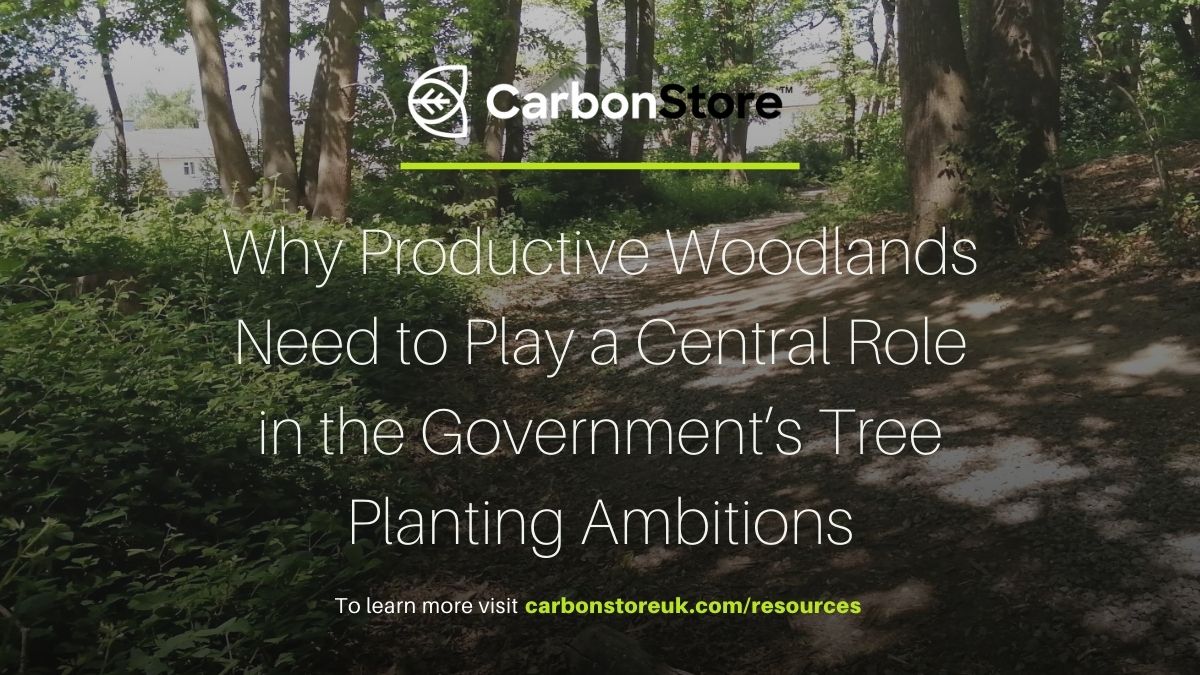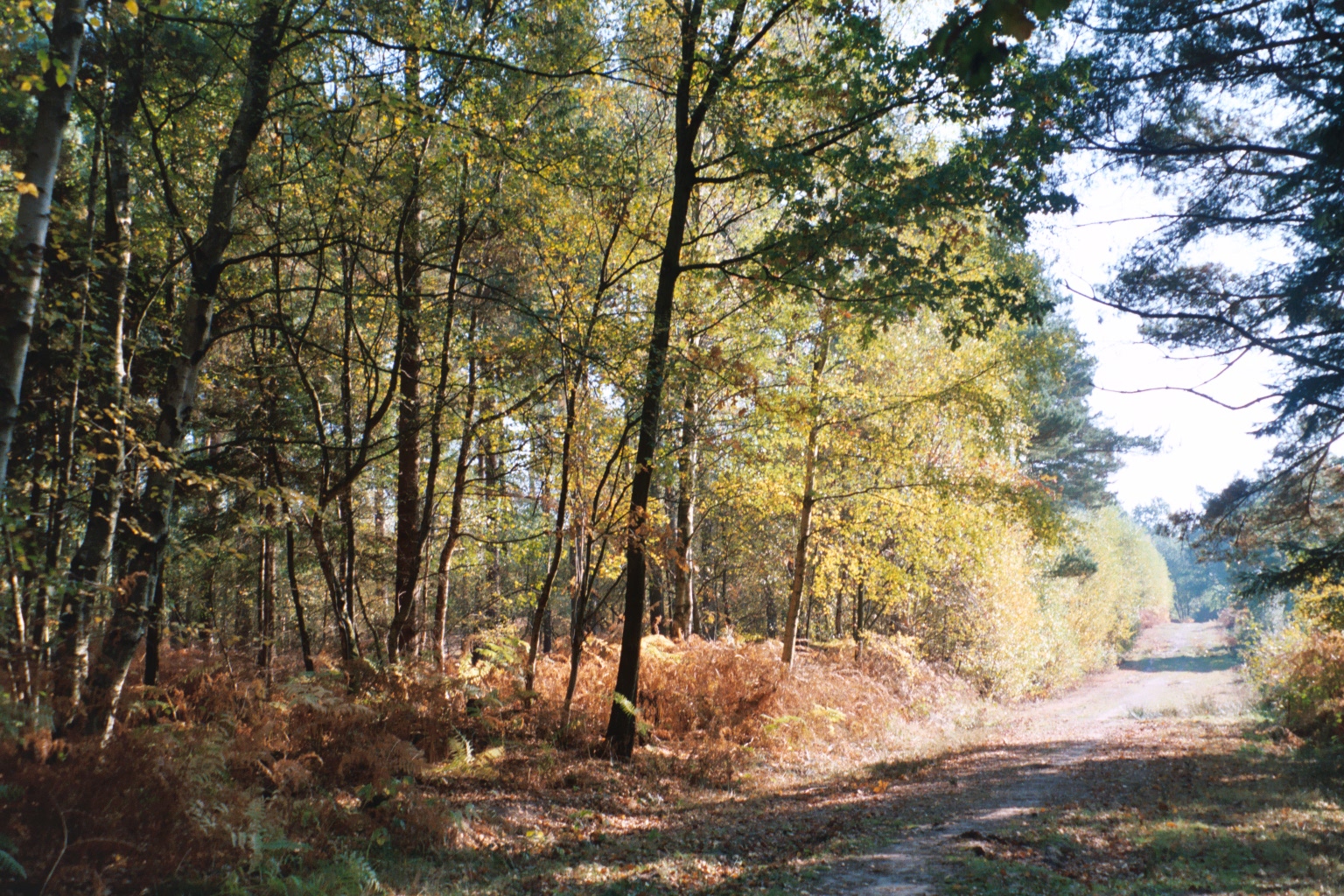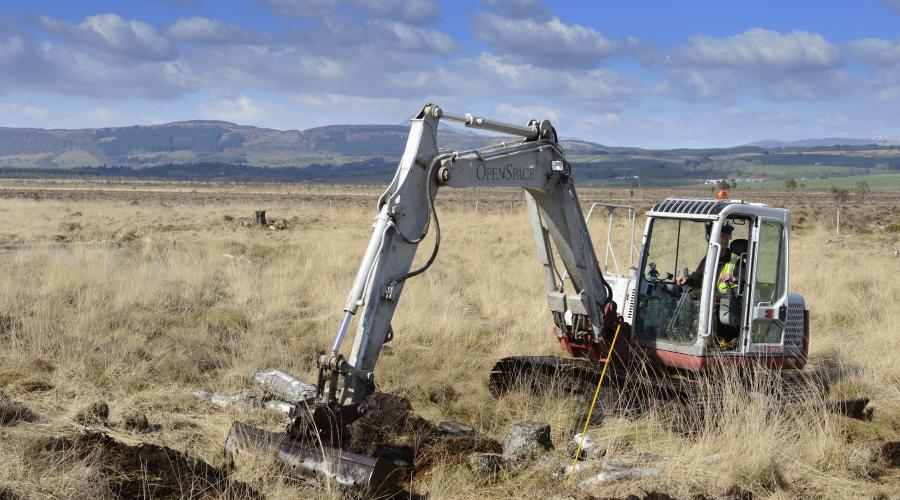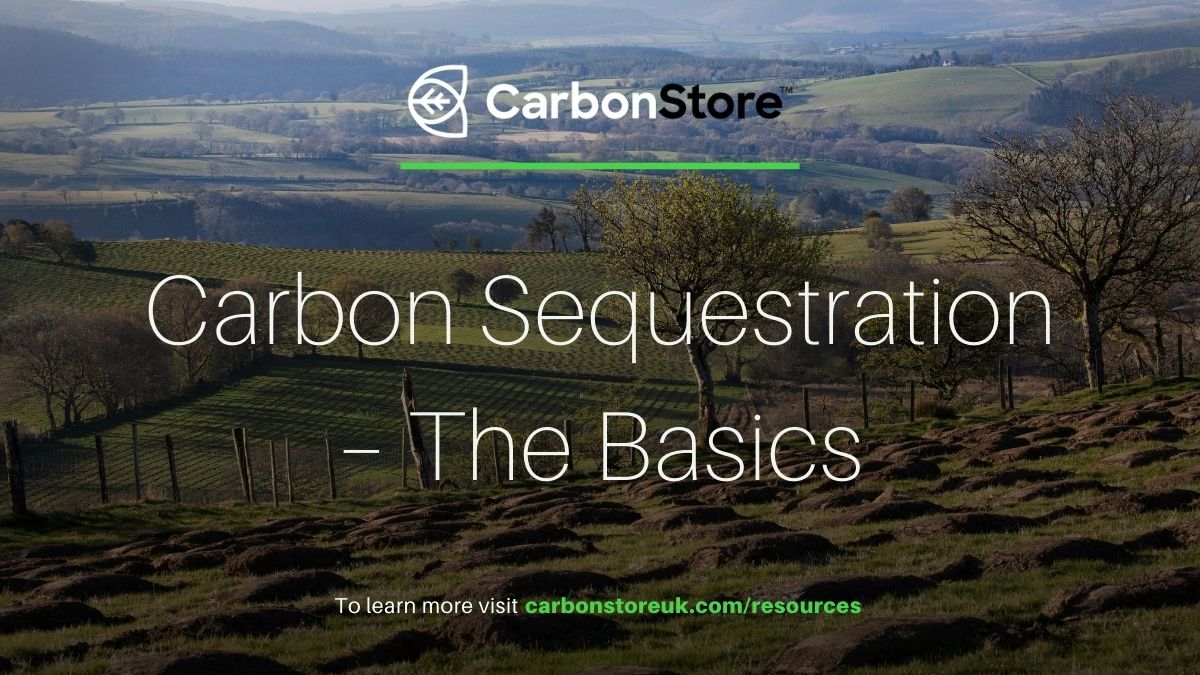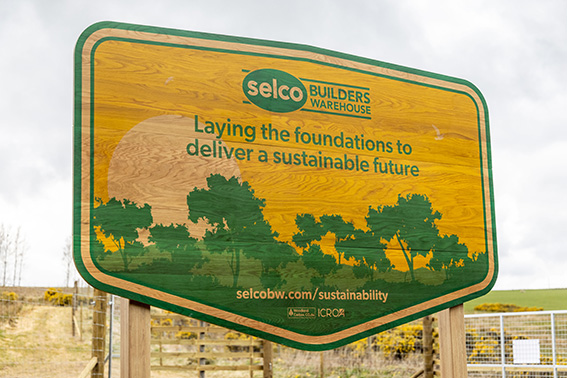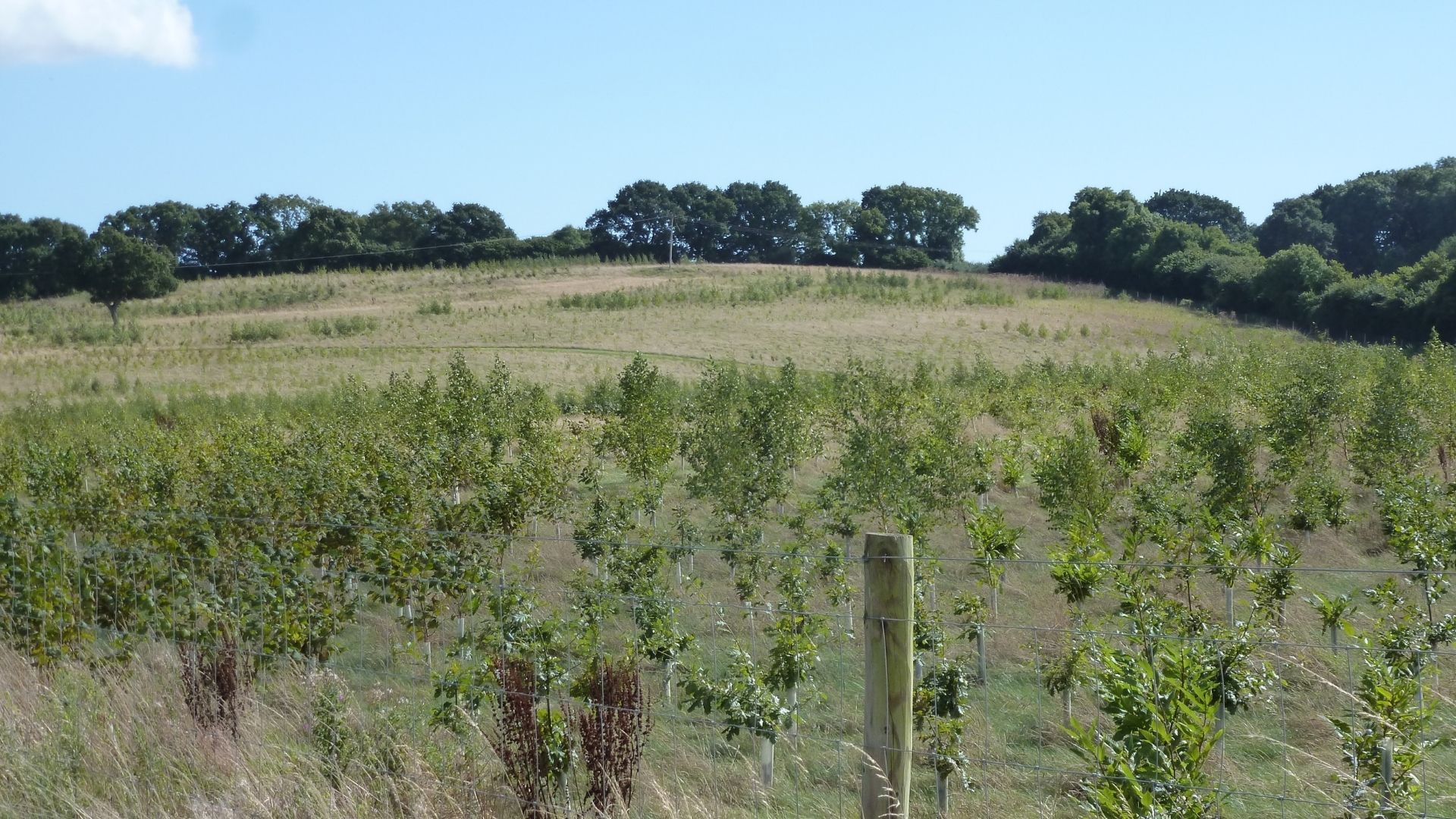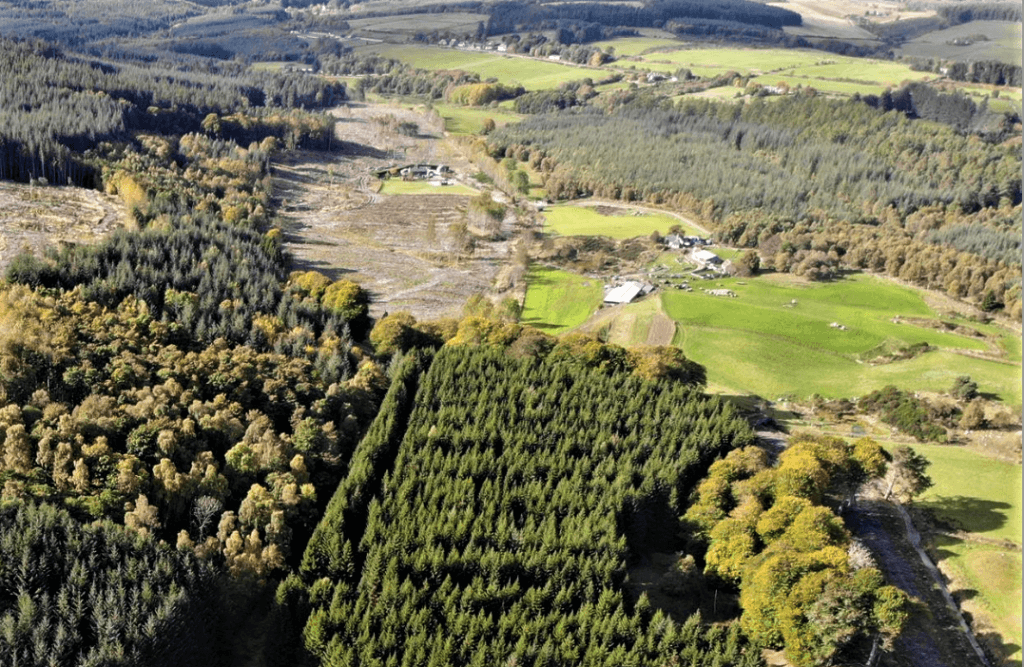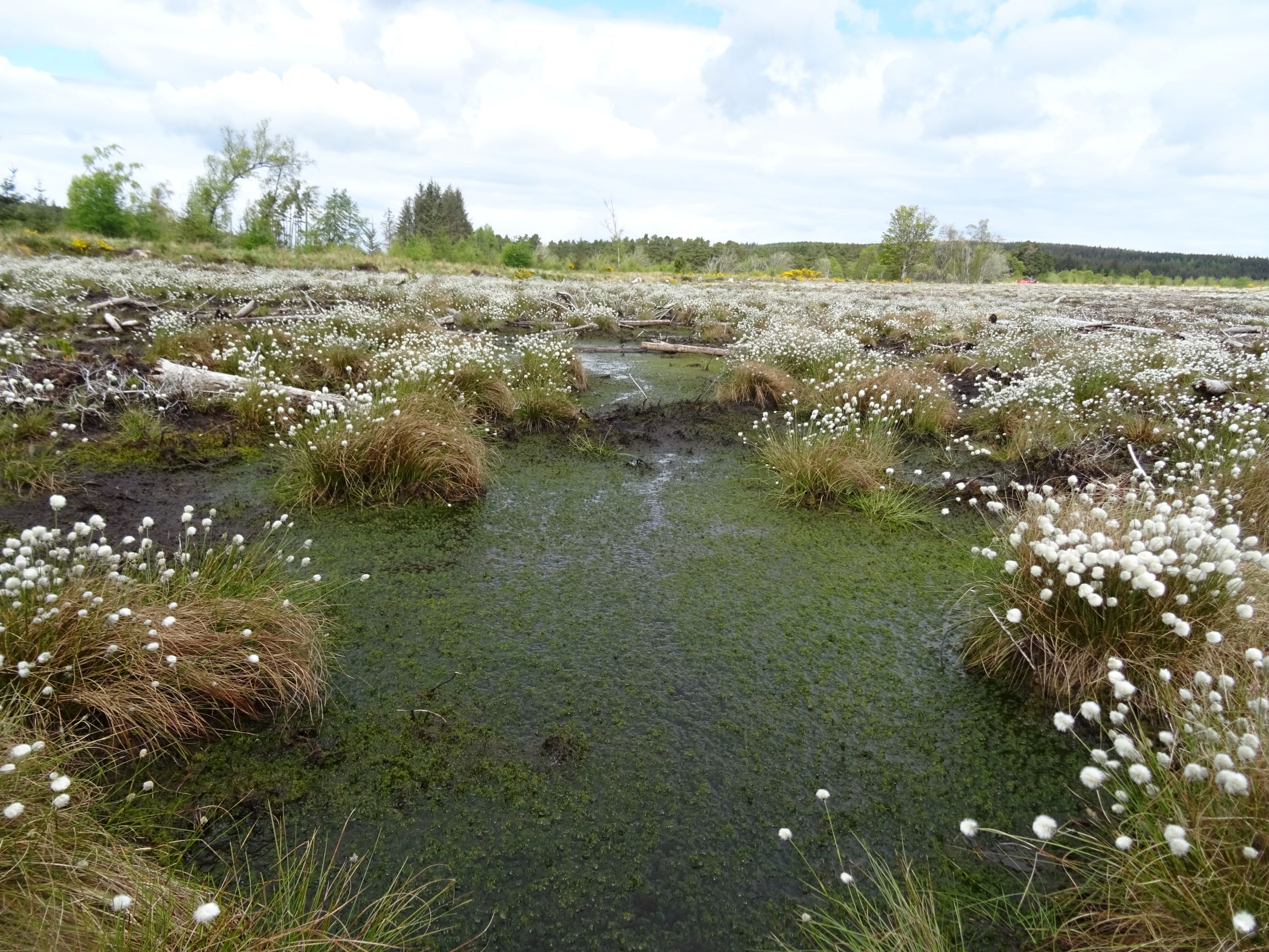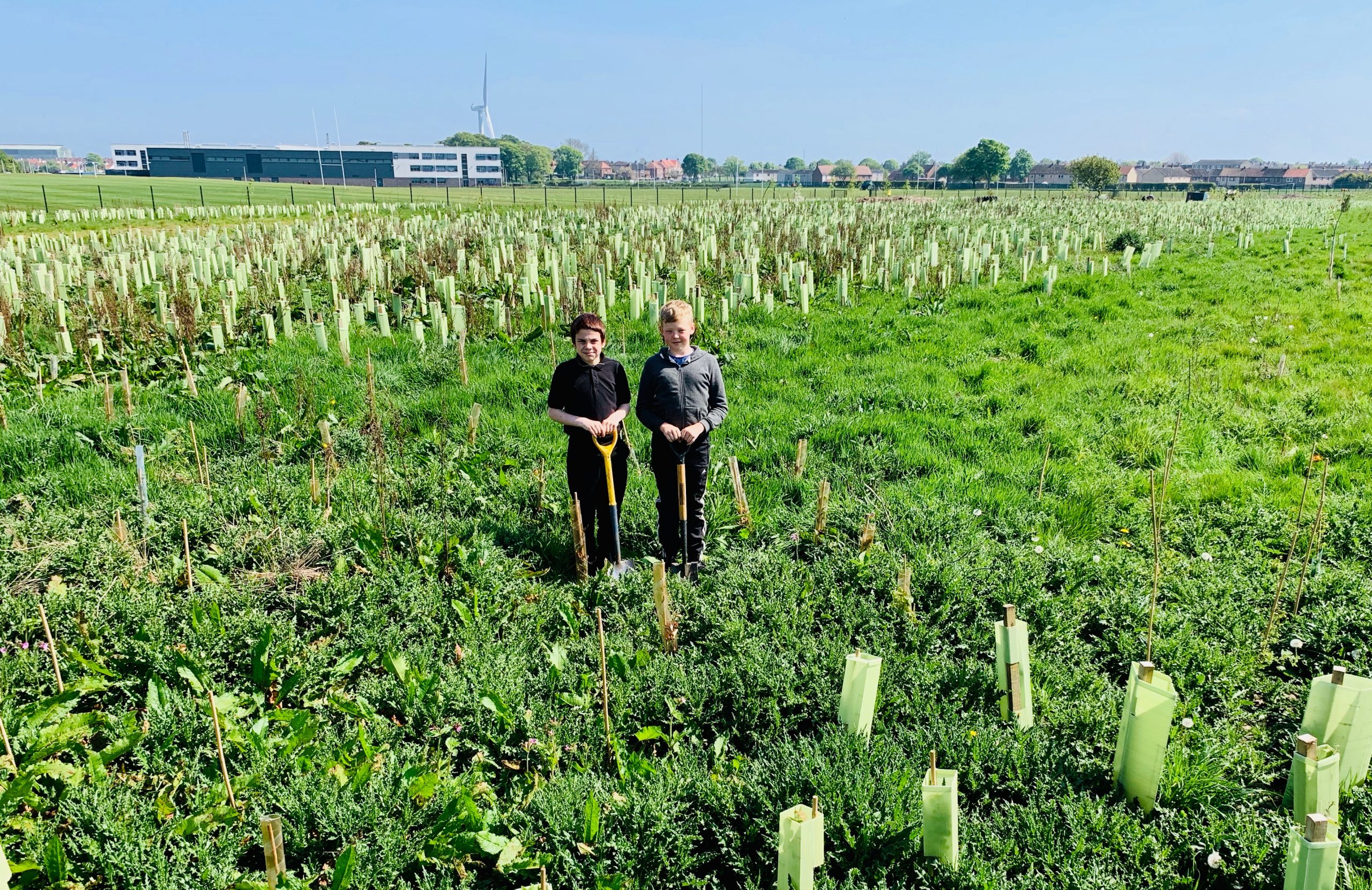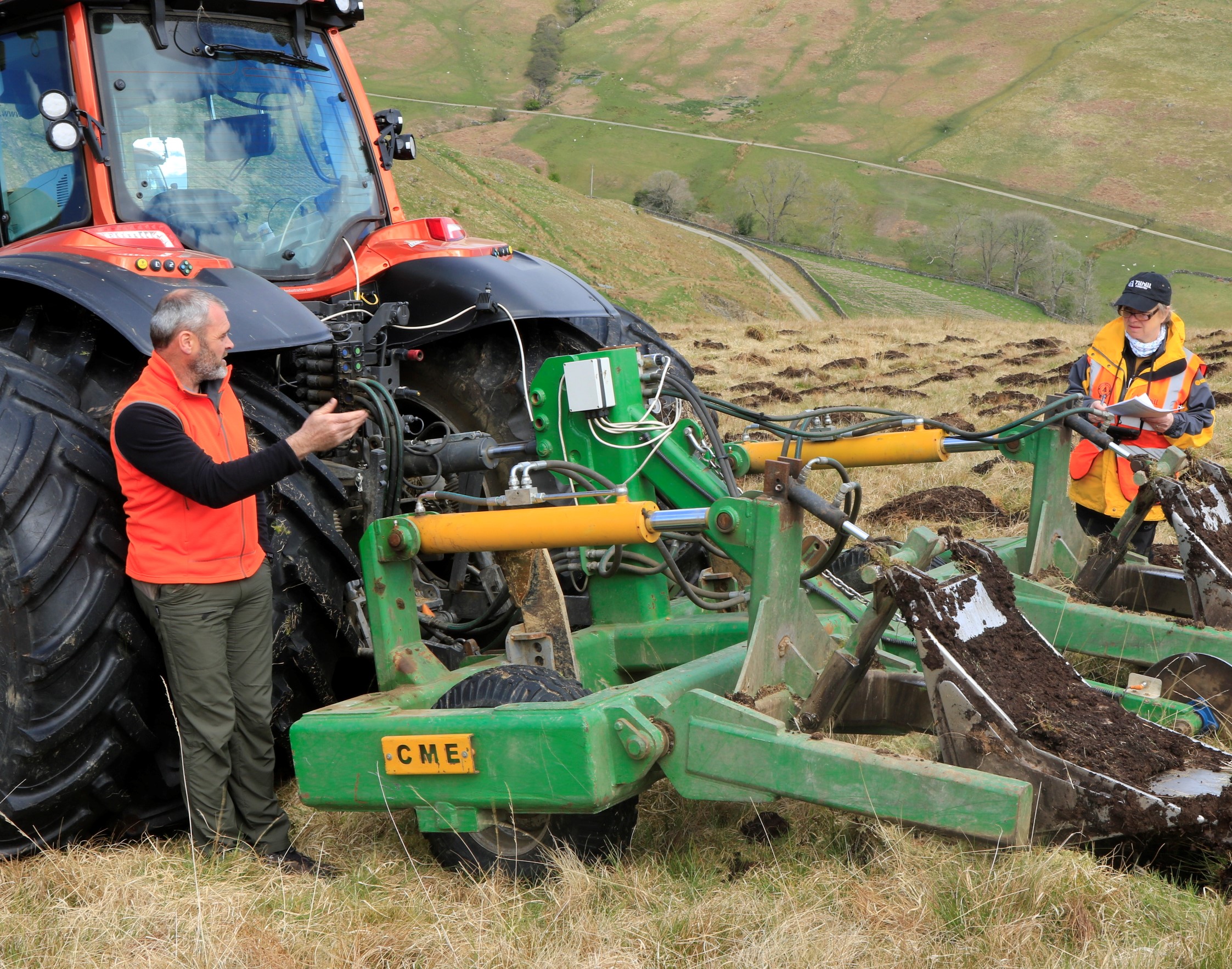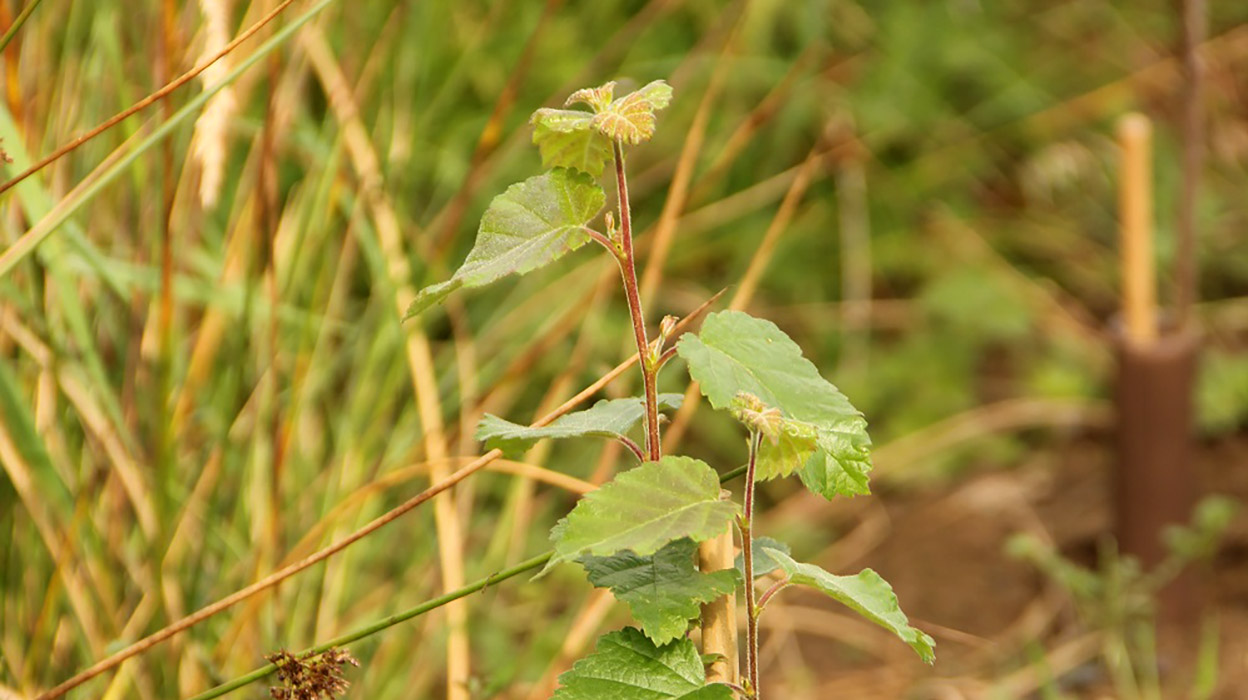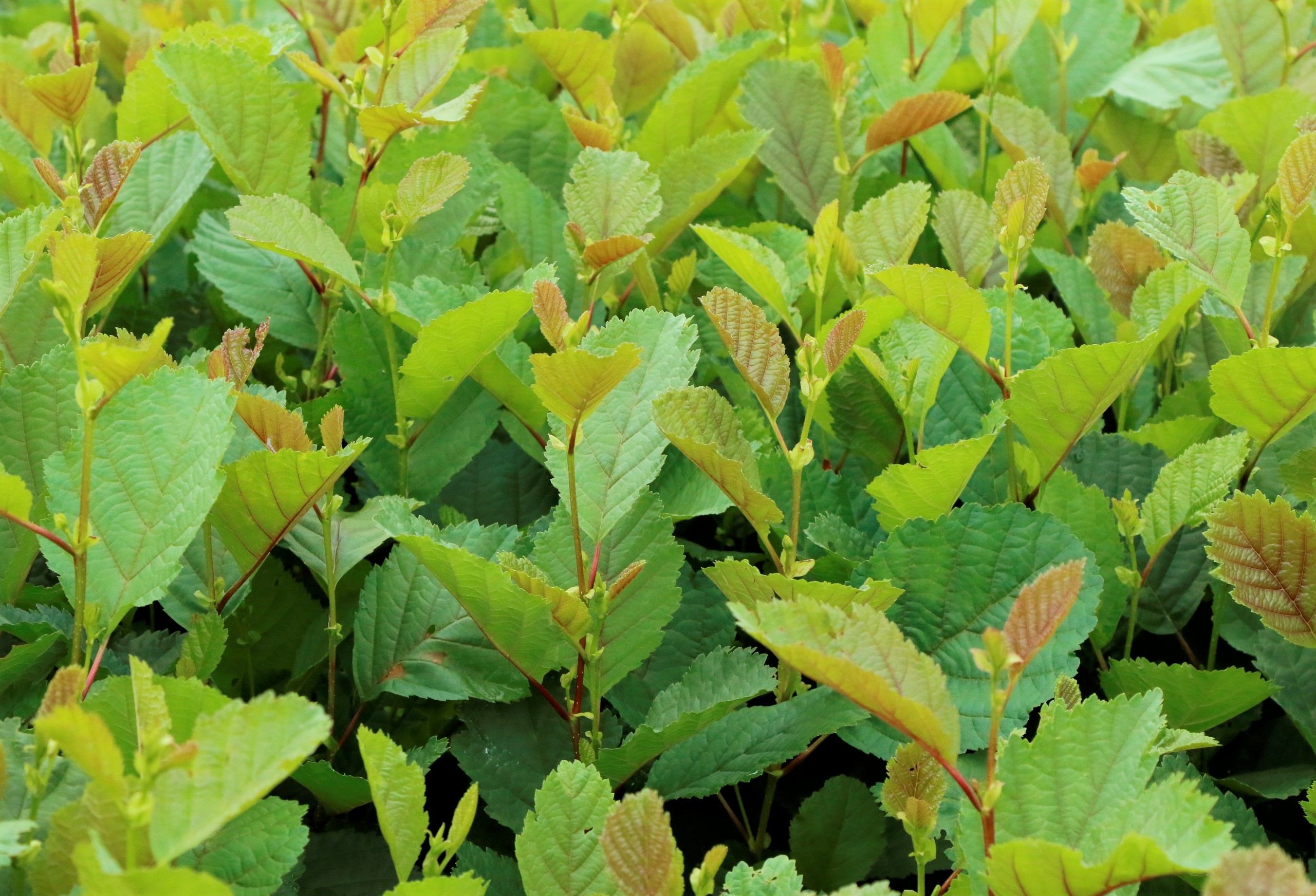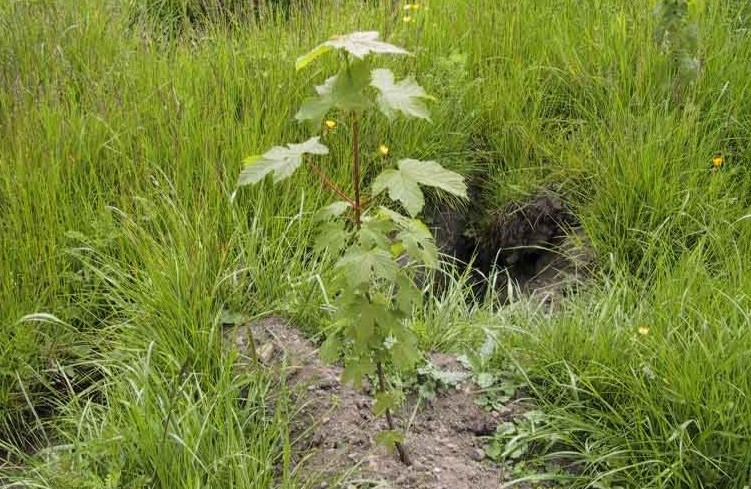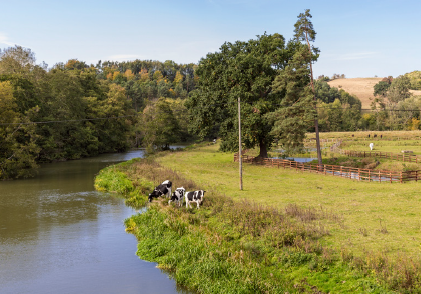The UK Forest Market Report
This article is from the 2022 edition of ‘The UK Forest Market Report’. The annual UK Forest Market Report (FMR) produced by Tilhill, provides an in-depth study of the UK commercial forestry and woodland investment market, from the perspective of both buyers and sellers. The 2022 report was produced in partnership with Goldcrest Land and Forestry Group and launched in November 2022 during what will be it’s 24th year of publication.
Tickets are now on sale for the launch of The 2023 UK Forest Market Report
It has been interesting to watch the free hand of the market work its creative magic across the one for woodland carbon over the past 12 months.
Step by ingenious step, growth is creating opportunity which, in turn, is attracting new entrants offering better services and improved products.
For forestry investors, these are encouraging developments. The sale of a Pending Issuance Unit (PIU) which is, in effect, a promise to capture a tonne of carbon, entails various risks which the growth of demand, the rise in prices, and the launch of new products are all helping to mitigate.
No doubt, awareness of, and anxiety about, the consequences of climate change continues to grow. In October 2021, the Office for National Statistics reported that 76% of the UK population were either “very worried” (32%) or “somewhat worried” (44%) about the impact of rising global temperatures.
Corporate Demand Expands
These concerns, along with government legislation, are the impetus driving companies’ environmental efforts forward and they are combining to generate growing demand for PIUs.
Interest levels over the last 12 months have been characterised by strong levels of small-scale demand i.e., orders below 1,500 PIUs.
That seems likely to expand over the next 2 years as more companies become engaged. Large companies take time to design, coordinate and implement their net zero strategies and, with the market for woodland carbon relatively immature, understanding the feasibility and practicality of the various options takes time.
However, their commitment to their Net Zero targets is resolute and their interest in UK woodland carbon projects is genuine, so large chunks of corporate demand for PIUs seem likely to materialise over the next 12-18 months.
Indeed, a recent survey by Microsoft and Goldsmiths University found that just 41% of UK companies were “credibly prepared to transition to net zero by or before 2050.”
That figure is likely to rise next year with the government requiring large companies to publish their net zero transition plans from 2023 onwards.
Prices have Increased through 2022
This could offer further support for PIU prices which have continued their ascent over the last 12 months.
In January 2022 we were reporting that productive conifer woodlands in southern Scotland were achieving £15 per PIU and their native, broadleaved counterparts in Northumberland were achieving £18 per PIU.
Meantime, their southern kindred, being both more visible and more visited, were realising
around £22 per PIU.
Since then, prices have increased another 30%. The owners of PIUs generated by conifer woodlands in southern and central Scotland could now secure £18 per PIU. A native woodland in Northumberland should be looking for £22 per PIU.
Finally, PIUs from a broadleaf woodland in Essex that is situated on the edge of a village are being marketed for £28 or better.
New and Improved Services Emerge
Other ways to minimise or mitigate risks are also emerging for the owners of woodland carbon projects.
Insurance policies, which offer both buyers and sellers of PIUs protection from the financial consequences of fallen or damaged trees (and their impact on carbon capture volumes) are now becoming available.
Until recently, carbon-related insurance was only available if it was purchased in conjunction with timber insurance. From January 2023 onwards, it will be available to the ‘buyers of forward-purchased carbon removal credits (i.e., PIUs) against under-delivery’ with a ‘broader vision to create a portfolio of insurance products across the carbon markets ecosystem’ (i.e., to offer insurance to the sellers of PIUs as well).
In addition, we are working closely with a company developing an online platform through which Project Developers (i.e., companies, like CarbonStore, who undertake the registration, validation, and verification of woodland carbon projects) can market PIUs and Woodland Carbon Units (WCUs) which are available for sale.
This is likely to benefit the market for woodland carbon in three ways:
a) It will simplify and standardise the process for selling PIUs and WCUs which is likely to reduce transaction costs,
b) It will improve the information availability of projects from which PIUs and WCUs are available for sale and therefore make it easier for companies to buy PIUs and WCUs,
c) Finally, it will channel corporate demand through one single portal, as opposed to company representatives having to speak to various different Project Developers.
The combined impact of these three factors is likely to increase the flow of funds into the woodland carbon market and provide the necessary financial grease to expand the area of carbon-related woodland creation.
In time, this approach will be rolled out for other Nature-based Solutions, such as soil carbon or hedgerow carbon. For now, with the market for woodland carbon being the most advanced, it provides the best test bed for these new approaches.
Conclusion
The market for natural capital, in general, and for woodland carbon in particular, continues to evolve rapidly. Over the next 12 months, the interplay between the UK’s intensifying economic headwinds and the rising interest in UK-based woodland carbon projects will be a key influence on prices for PIUs and WCUs.
However, irrespective of any short-term price fluctuations, owners of woodland carbon projects can be confident that the various steps for monetising their assets, for mitigating their risks, and for realising their value will continue to be standardised, simplified and streamlined over the next year.
How can CarbonStore help you?
In partnership with Tilhill, CarbonStore can help you deliver new woodland creation and woodland-based carbon mitigation projects that not only achieves the highest possible standards in carbon offsetting but also offers many widespread benefits which we can all enjoy.
Please contact David McCulloch, the head of CarbonStore, personally either by email (david.mcculloch@carbonstoreuk.com) or by phone (07500 950832).
More news
Share

